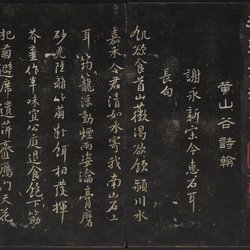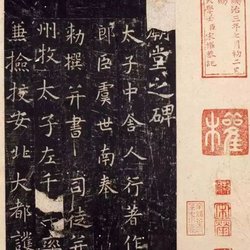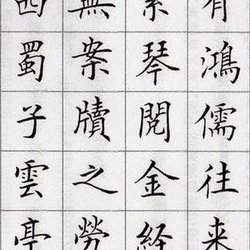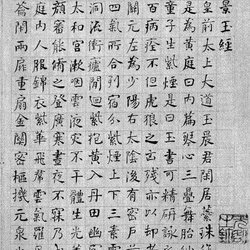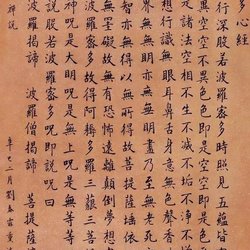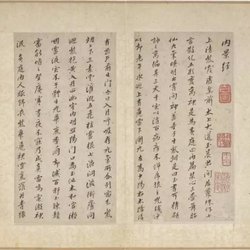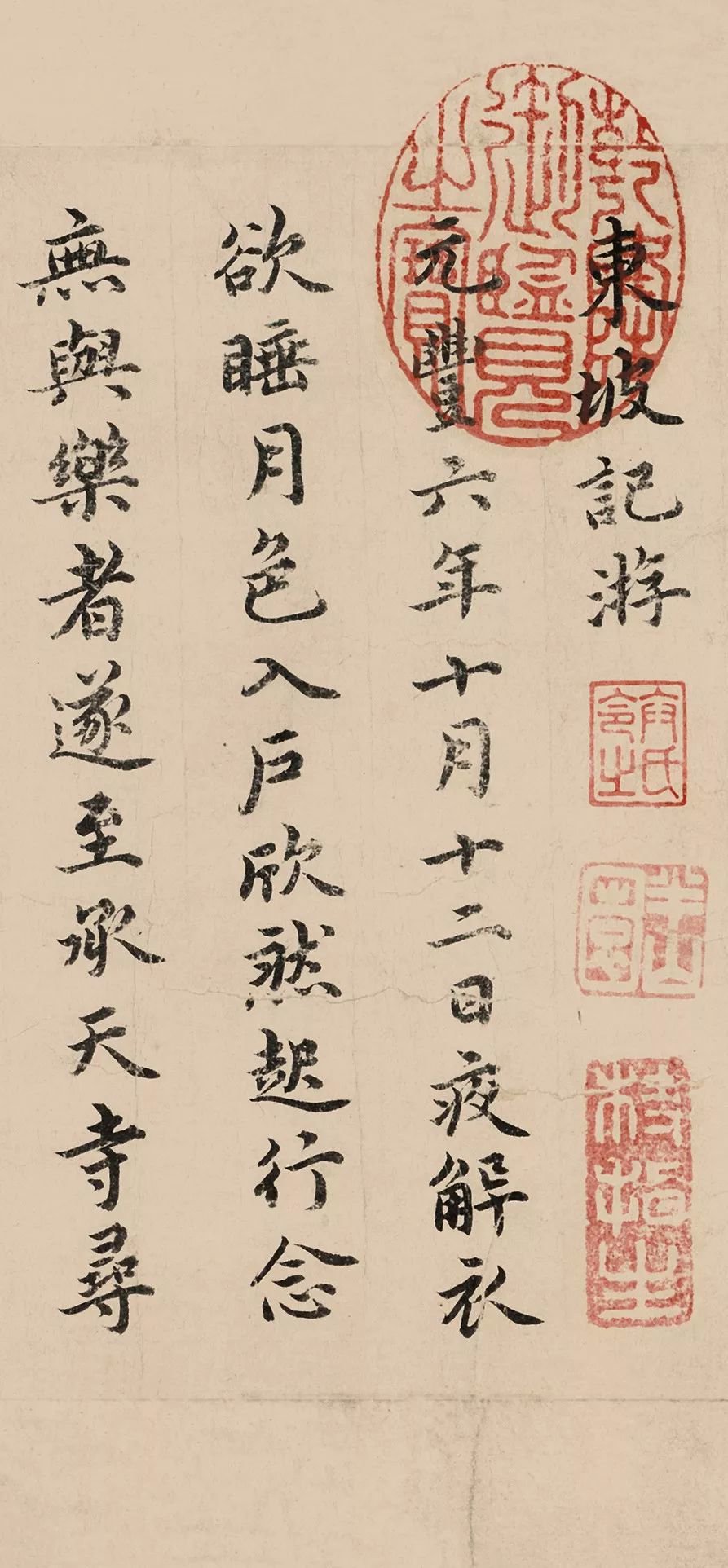
"Dongpo Ji Travel Scroll" is a paper version, 13.4 cm in length and 269.6 cm in width, with the inscription "On the 12th day of the eighth month of Guiyou, I stayed in Dongchan Temple and wrote this. Zhishan wishes Yunming". Now in the Liaoning Provincial Museum.
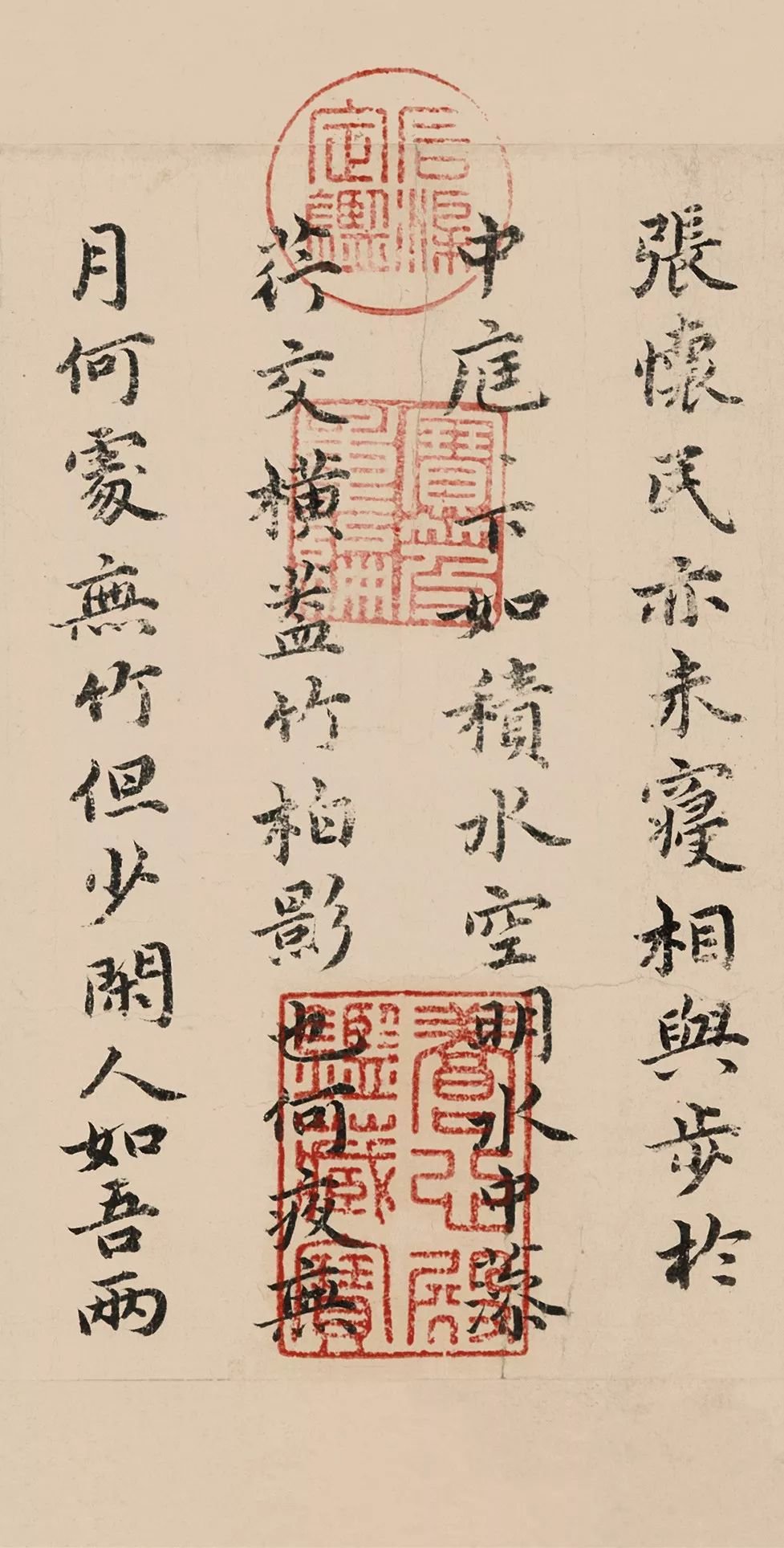
The title of the first volume is "Travel Notes of Dongpo", and the inscription at the end of the volume is: "On the twelfth day of the eighth lunar month, I stayed in Dongchan Temple and wrote this. Zhishan wishes Yunming." The whole volume contains a total of 9 articles on Su Dongpo's travel notes, which are "Night Trip to Chengtian Temple", "Tour to Shahu Lake", "Travel to Bai Shufu", "Tour to Mount Lu", "Tour to Songfeng Pavilion", "Dan'er Night Book", "Recalling Prince Li", "Li Mengzi" and "Remembering Liu Yuan's Father's Words" ” (the last chapter is missing some text). The first piece, "Night Tour at Chengtian Temple" is a very famous short story by Su Dongpo. The full text reads:
On the night of October 12th, the sixth year of Yuanfeng, I took off my clothes and was about to fall asleep. When the moonlight came into my house, I happily set off. Thinking of nothing and being happy, I went to Chengtian Temple to look for Zhang Huaimin. Huai Min also stayed up and walked with each other in the atrium. Under the courtyard, the sky is clear as if there were accumulated water. The water is covered with algae and cypress shadows. What night is there without a moon? Where are there no bamboos or cypresses? But there are few idle people like the two of us.
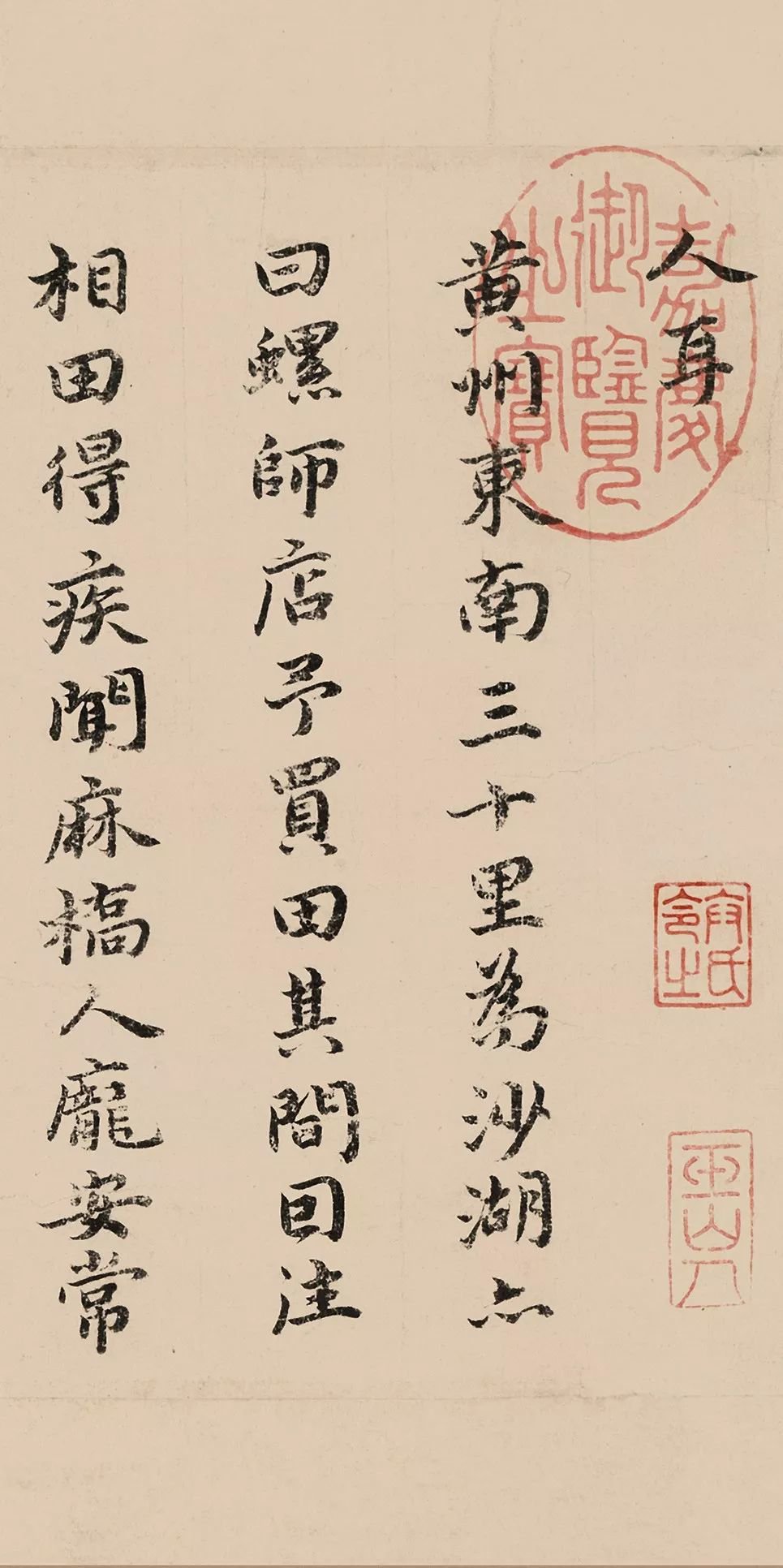
Zhu Yunming (1460-1526), also known as Xizhe and Xizhe. Since there is an extra finger on the right hand, the names include Zhi Zhi Sheng, Zhi Zhi Sheng, Zhi Zhi Shan Ren, Zhi Shan, Zhi Shan layman, Zhi Shan woodcutter, etc. It is known as "Zhu Jingzhao" in the world. A native of Changzhou (today's Wuxian County, Jiangsu Province), he was extremely intelligent since he was a child. He could write large characters one foot square when he was five years old, and he could compose poems at the age of nine. From then on, he read a lot of books, and his poems were full of ecstasy. He passed the examination in the fifth year of Hongzhi (1429), but failed in the examination for a long time. In the ninth year of Zhengde (1514), he was awarded the magistrate of Xingning County, Guangdong. He stayed in Lingnan for five years and was later promoted to the magistrate of Yingtian (today's Nanjing) Prefecture. In the 14th year of Zhengde's reign (1519), he returned home due to illness. His career was far different from that of his ancestors and sons. In fact, he was a dissatisfied scholar. He and Tang Yin and others have similar spirits and are cynical. Together with Tang Yin, Wen Zhengming and Xu Zhenqing, he is known as the "Four Talents in Wuzhong". In his later years, he liked to live alone and write poems. He advocated the romance of the Wei and Jin Dynasties and Zen Buddhism. He lived a more bohemian life and was unwilling to be disciplined. He was even cynical. Among the Wumen sect, he was regarded as the most literate person.
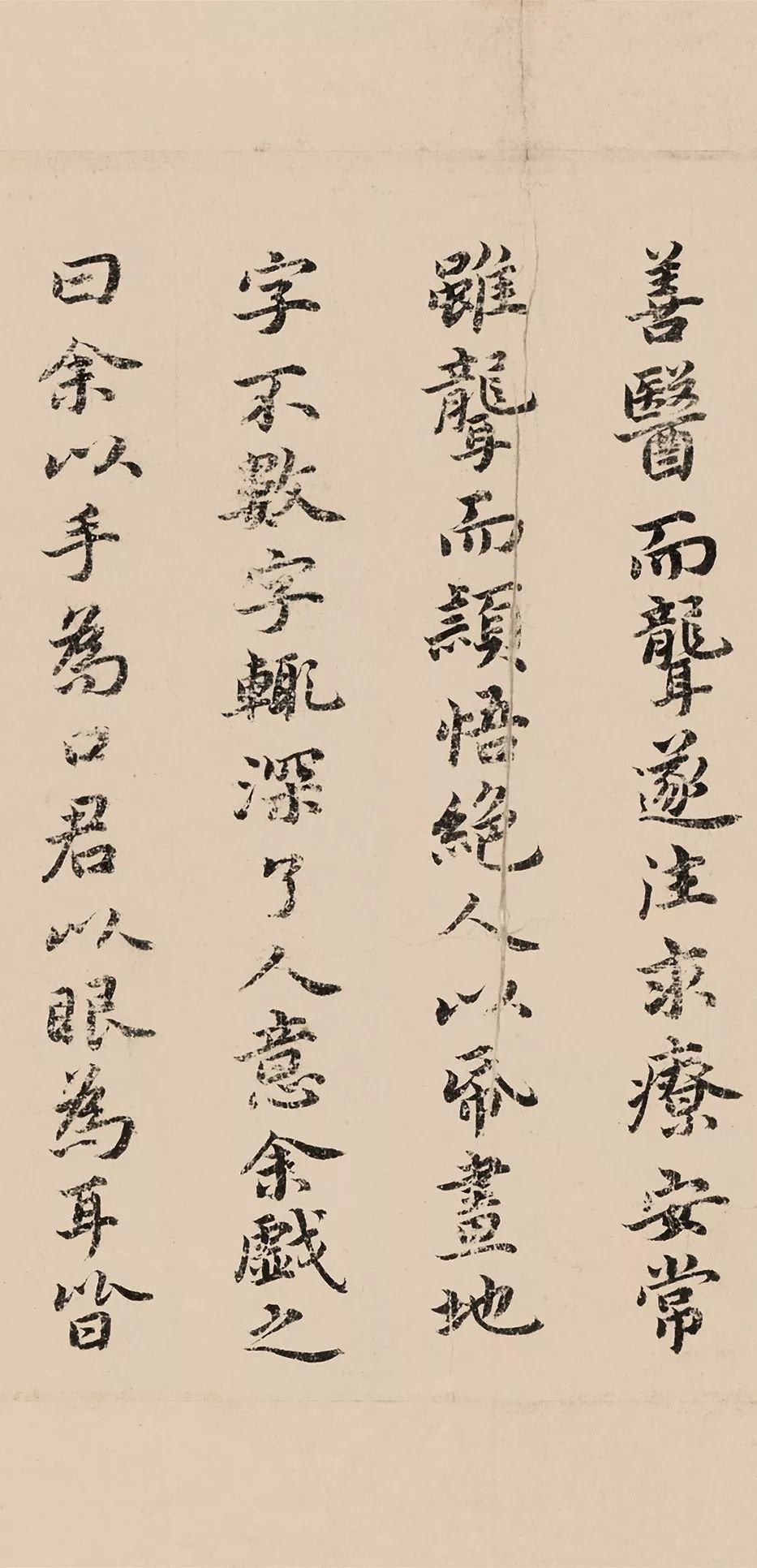
Zhu Yunming's father was the son-in-law of Xu Youzhen, and he was also the son-in-law of Li Yingzhen. His grandfather, Zhu Hao, was a Jinshi. He once served as Shanxi Chief Secretary and participated in politics. I believe that in such an environment, he was influenced by many aspects. "History of the Ming Dynasty. Biography of Wenyuan" said that he was "capable of poetry and prose, especially good at calligraphy, and is famous throughout the country."
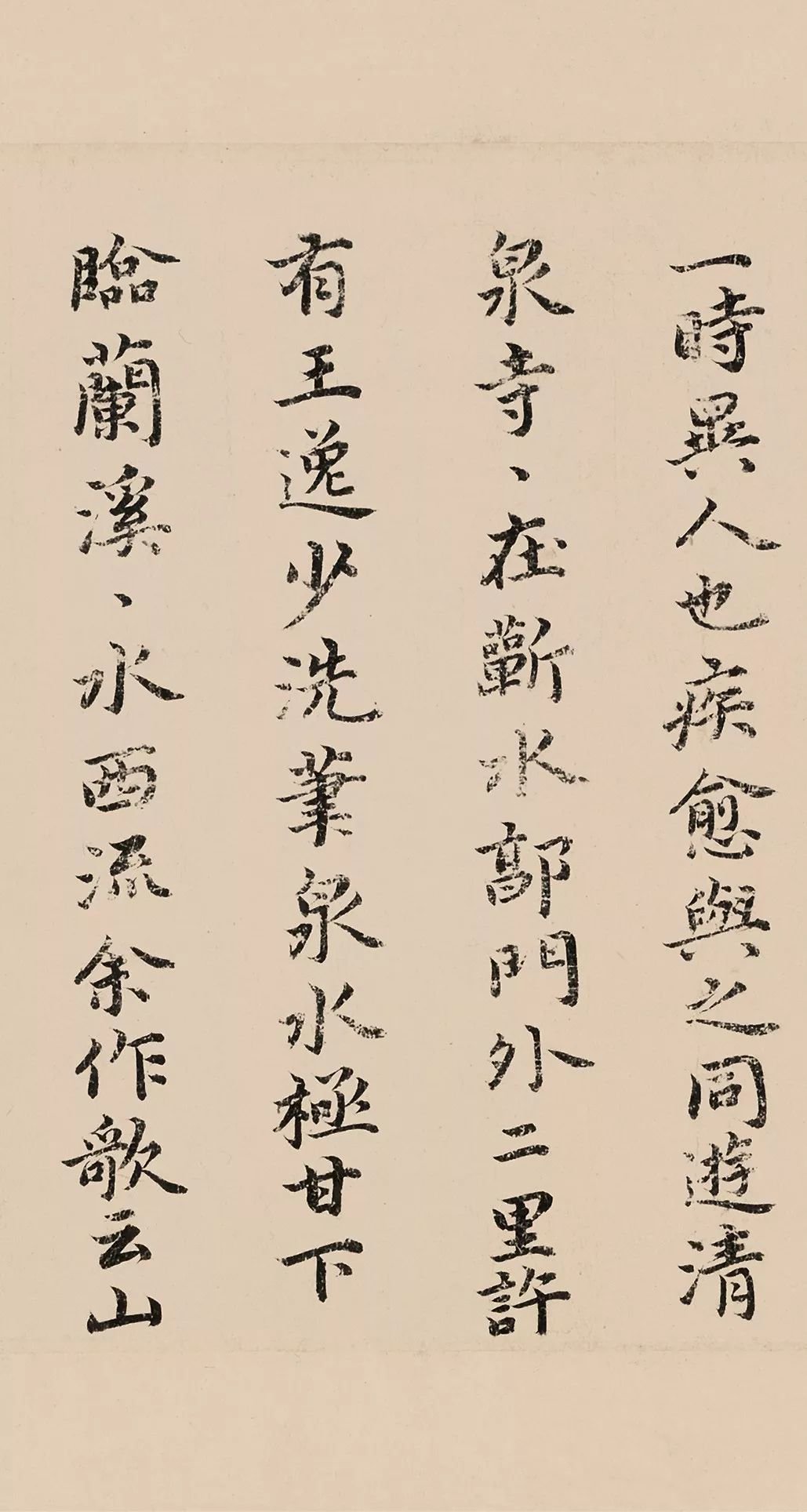
His regular script was rigorous in his early years, and he learned from Zhao Mengfu and Chu Suiliang, and also followed the "two kings" from Europe and Yu. His book "Chu Shi Biao" is rigorous and simple. In his later years, when he was writing the "Huang Ting Jing", he did not pay attention to the shape of the pointillism, but the dense structure, the smooth flow, and the full charm. Wang Cundeng, a calligrapher in the late Jiajing period, said: "There are no less than a dozen calligraphers in ancient and modern times who have copied the "Huang Ting Jing", but they are all stuck between the dot paintings in the shape of hooks and rings...Zhi Shanggong is the only one who can draw on the rectangular rope. He has a moderate temperament and a bold and unrestrained spirit." His cursive calligraphy masters were Li Yong, Huang Tingjian, and Mi Fu. He had profound skills. In his later years, he was especially prone to changes and his character was rotten. People say: "Zhishan's cursive calligraphy is unparalleled in the world, and the wonderful wine is not the only one in Sanwu!" Zhu Hegen's "Linchi Xinjie" of the Qing Dynasty believes: "Zhu Jingzhao Dacao has a deep understanding of Youjun's spiritual principles, and sometimes reveals his spirit; while Xiaocao suddenly stops. It is pure and harmonious, with dense rows, and it is as rich as Xiao Yuan, and the common people are almost as good as Chu (Suiliang) Gong."
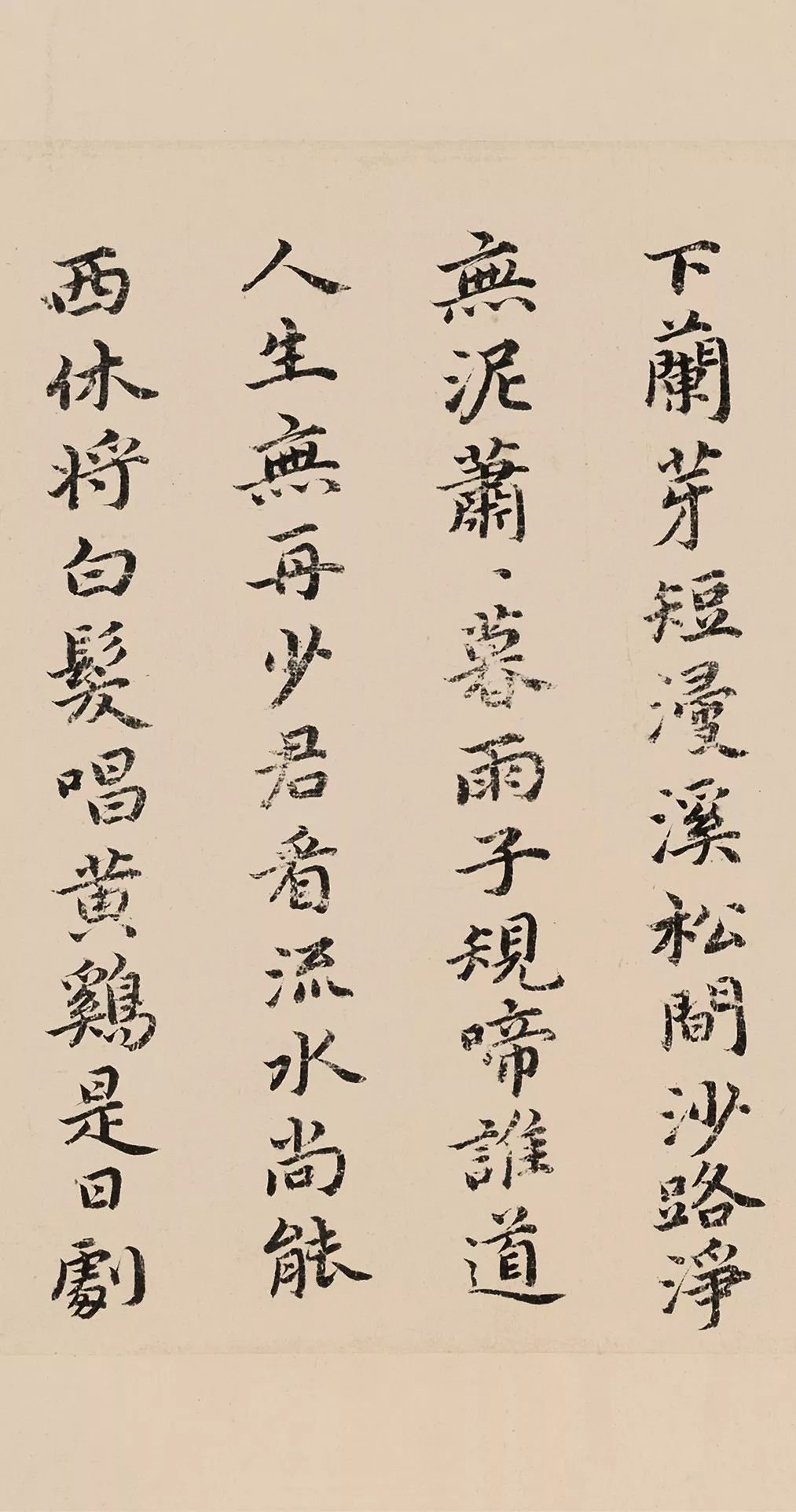
His representative works include "Early Dynasty Poetry Scroll of Jia Zhi Daming Palace in Cursive Script", "Hanhou Yin (i.e. Cursive Scroll of Cao Zhi's Poems)" and "Chibi Fu", etc., which are fluent, free and unrestrained. "Mingshan Zang" said: "Yun Mingshu came in and out of the Jin and Wei Dynasties, and became more and more extraordinary in the later years, ranking first in the country."
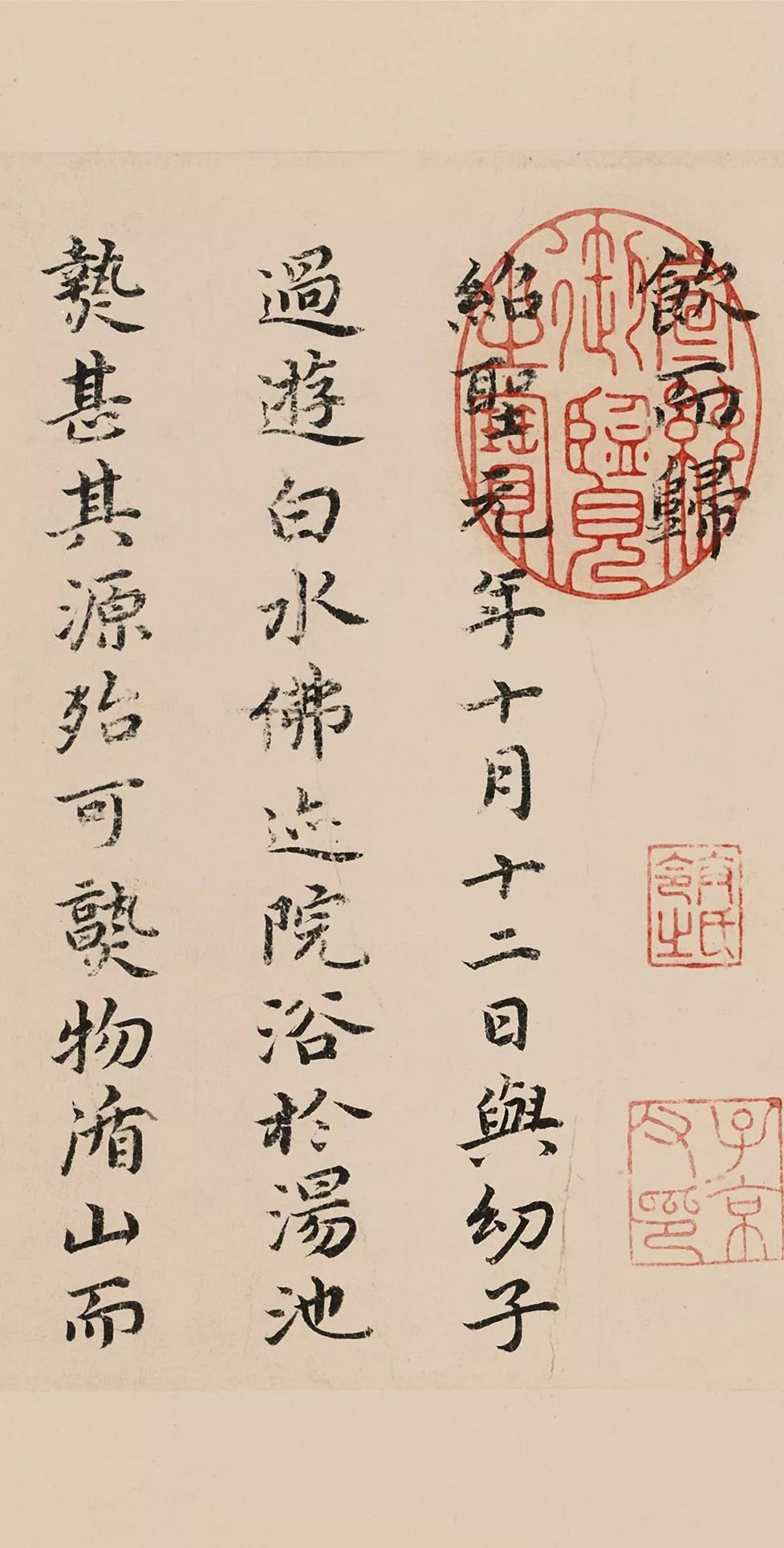
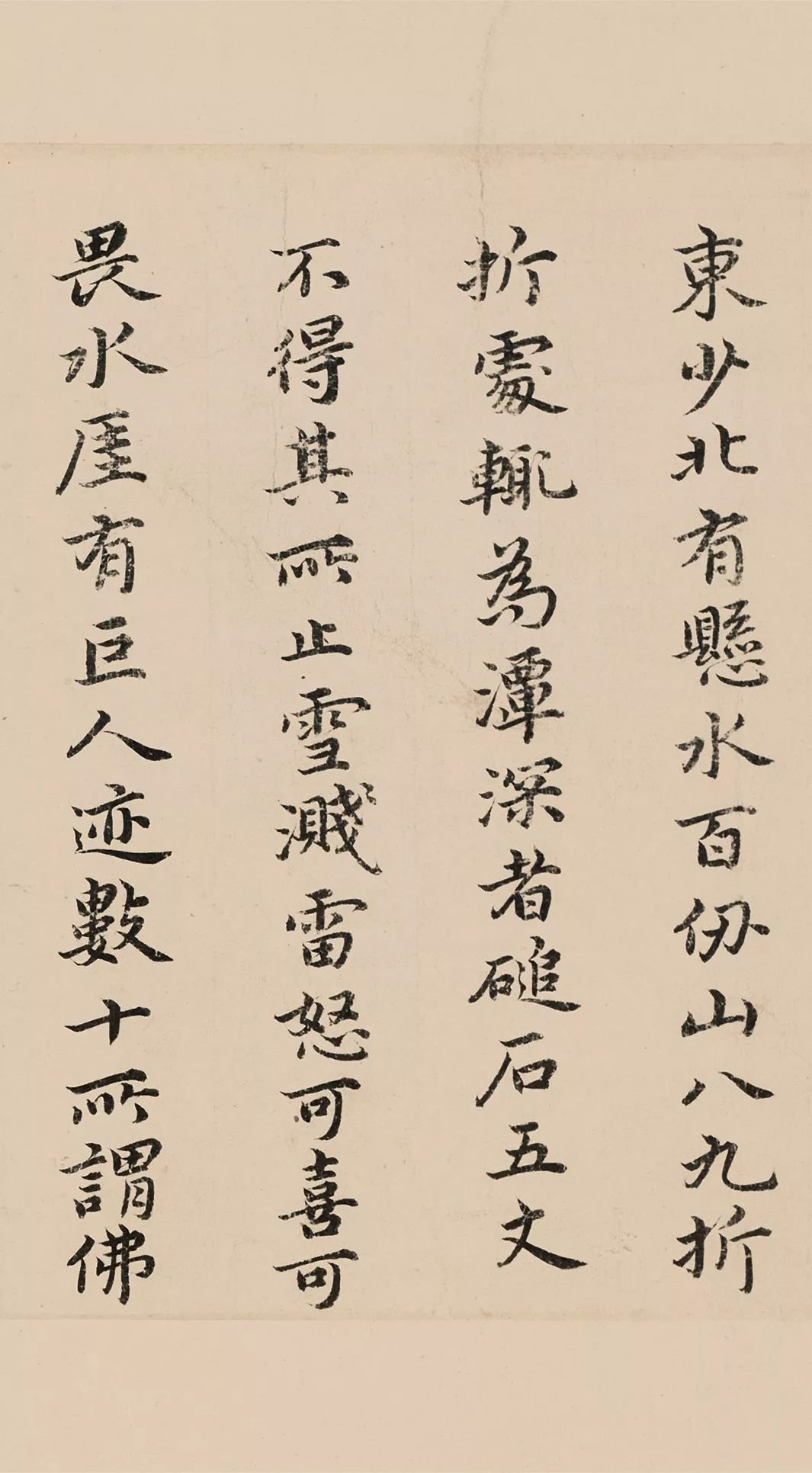
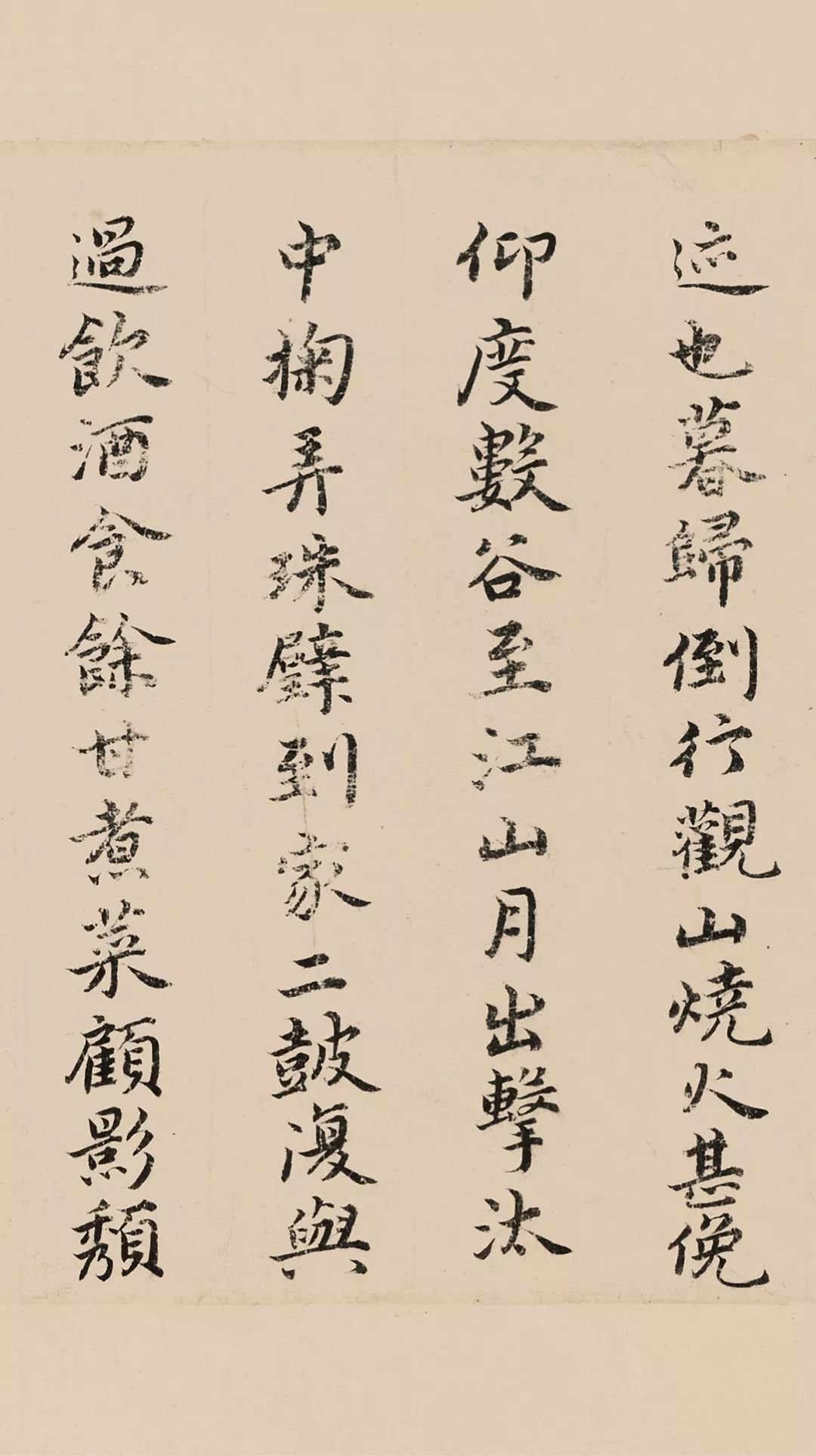
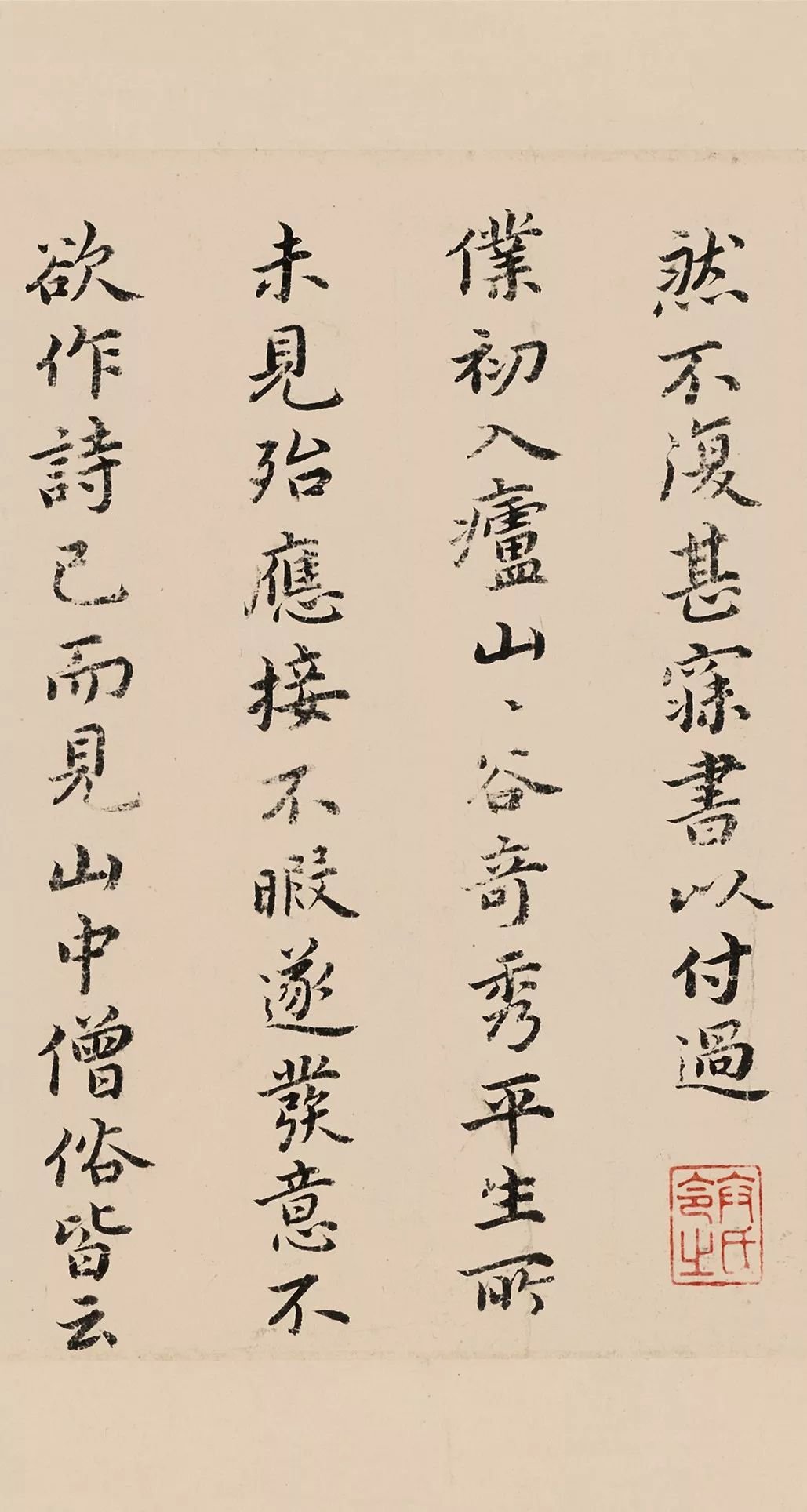
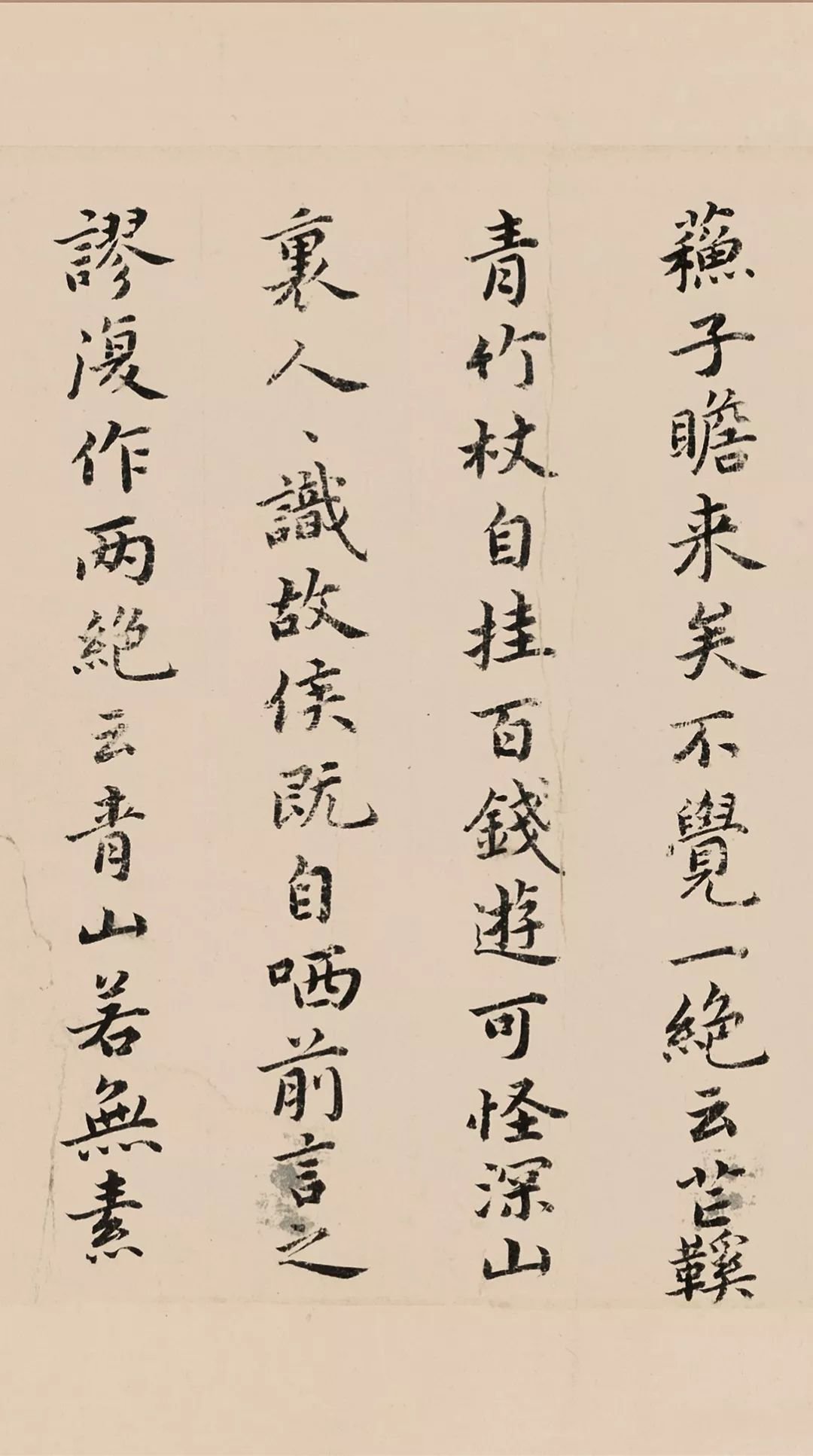
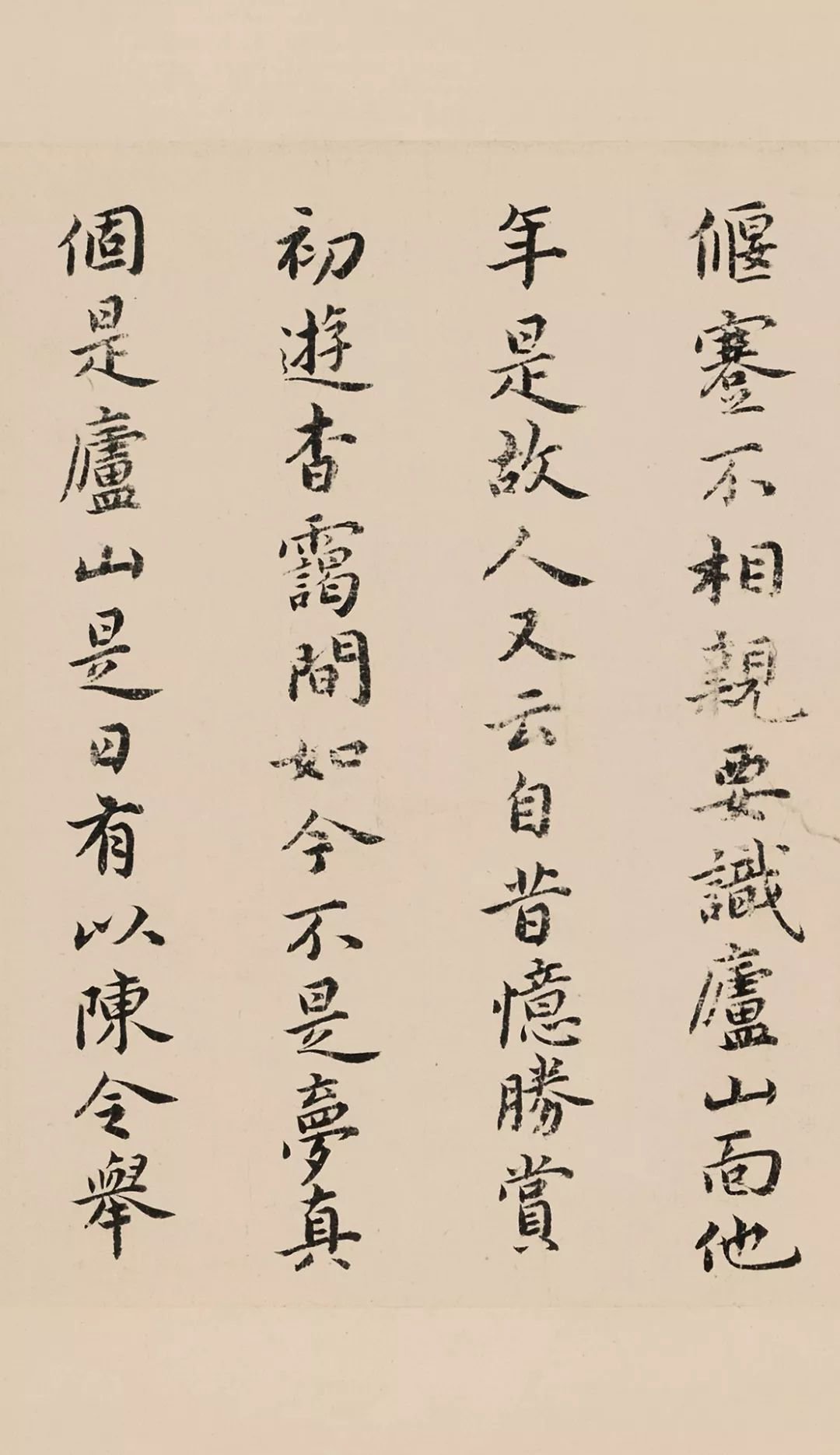
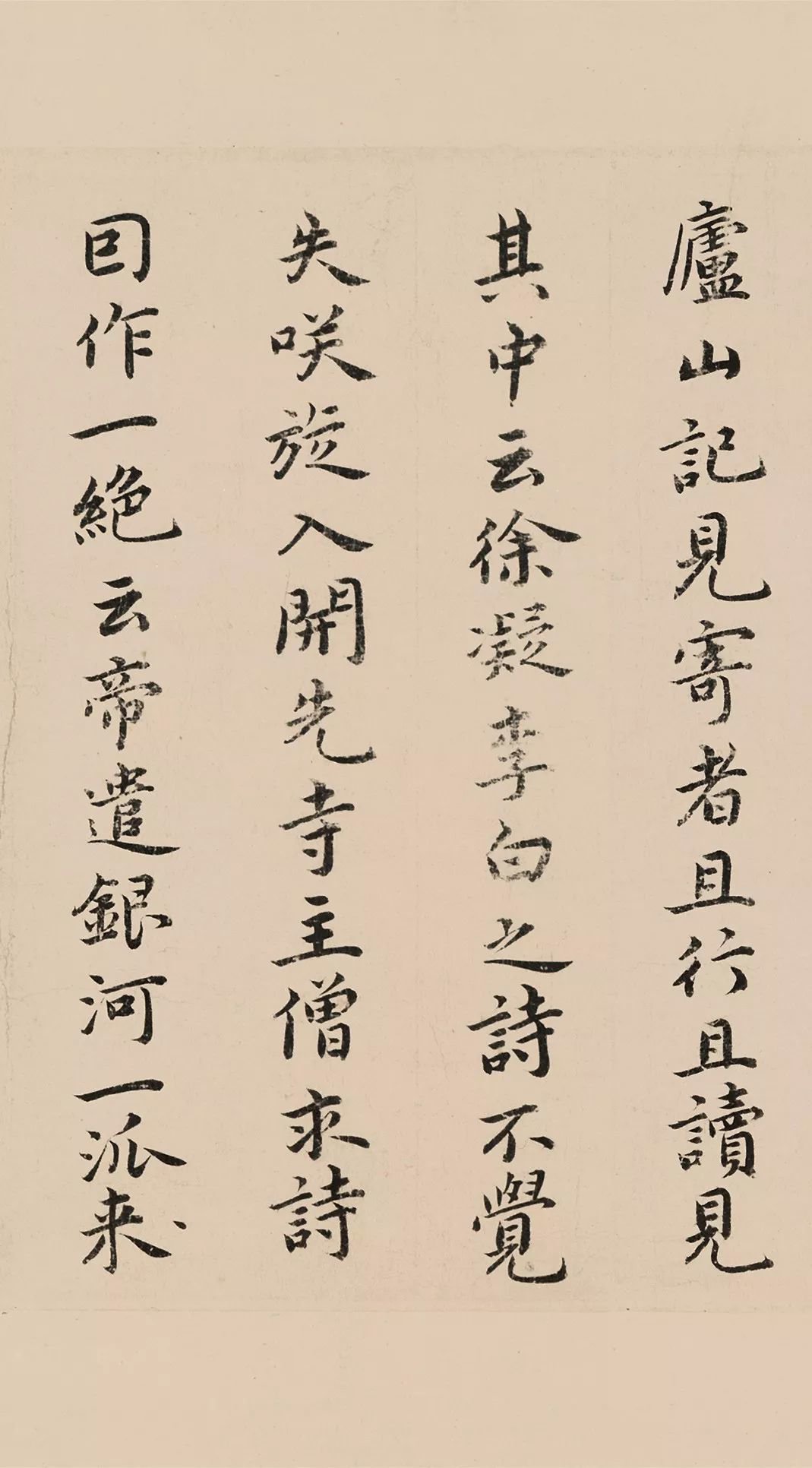
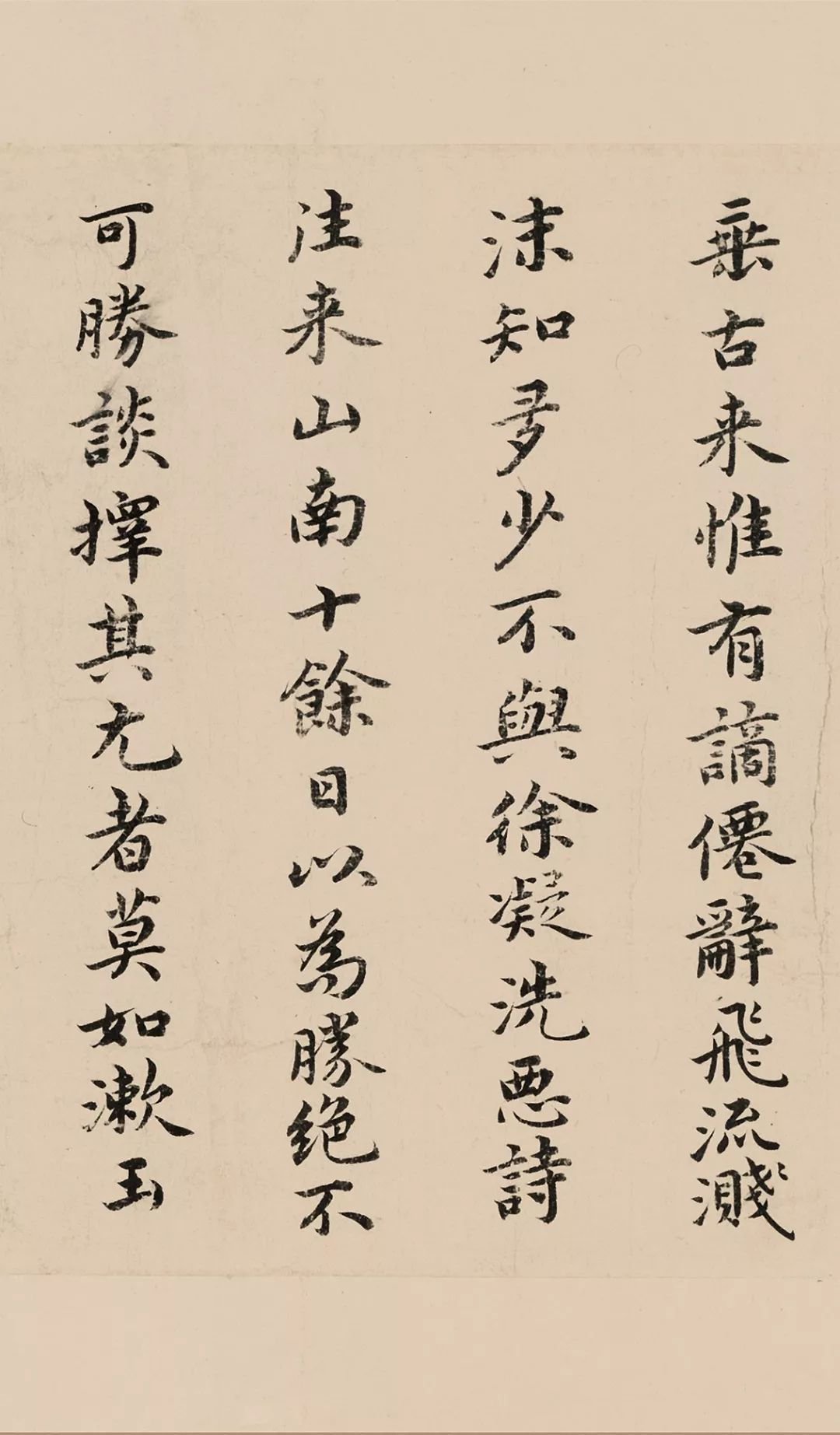
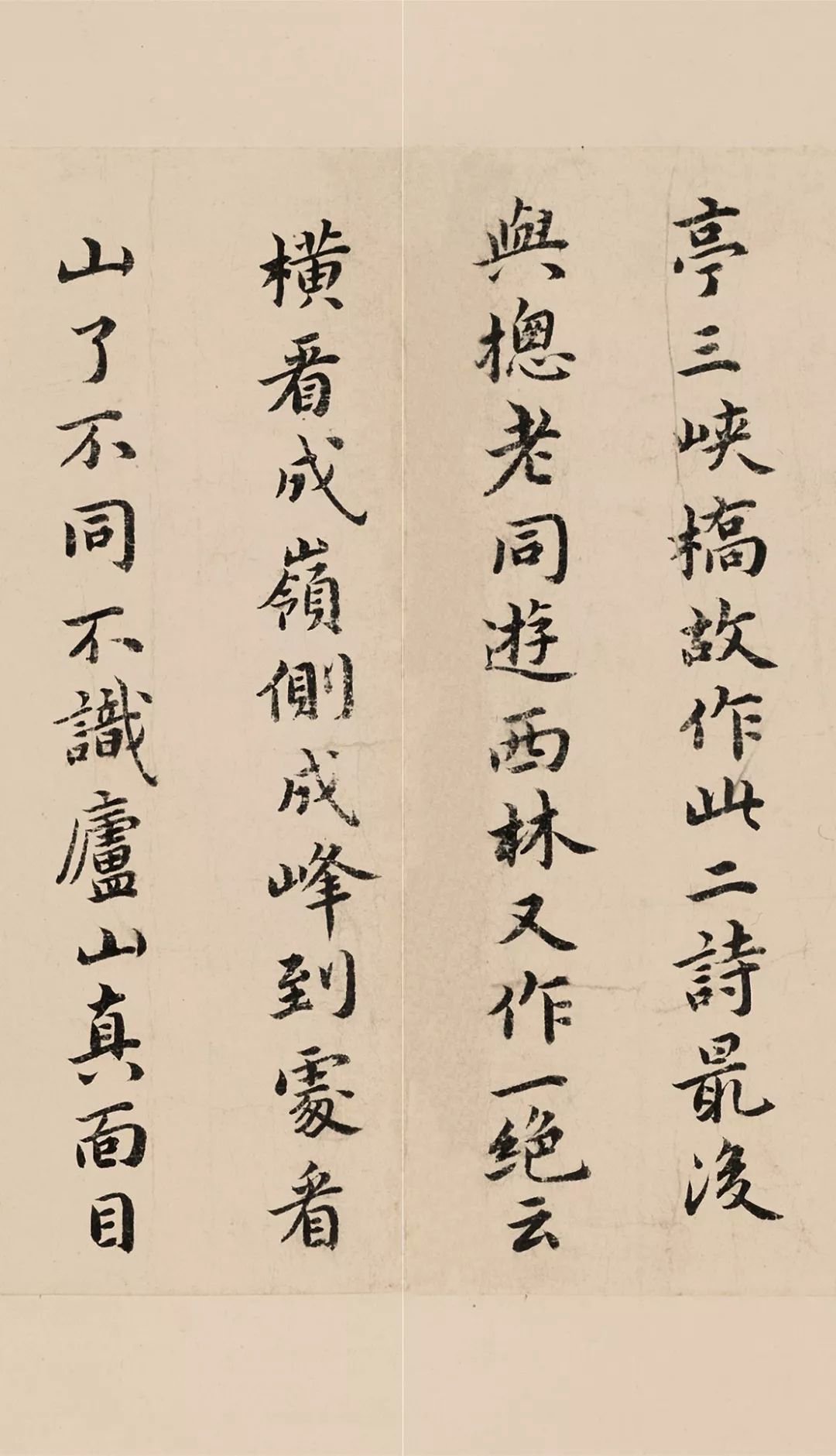
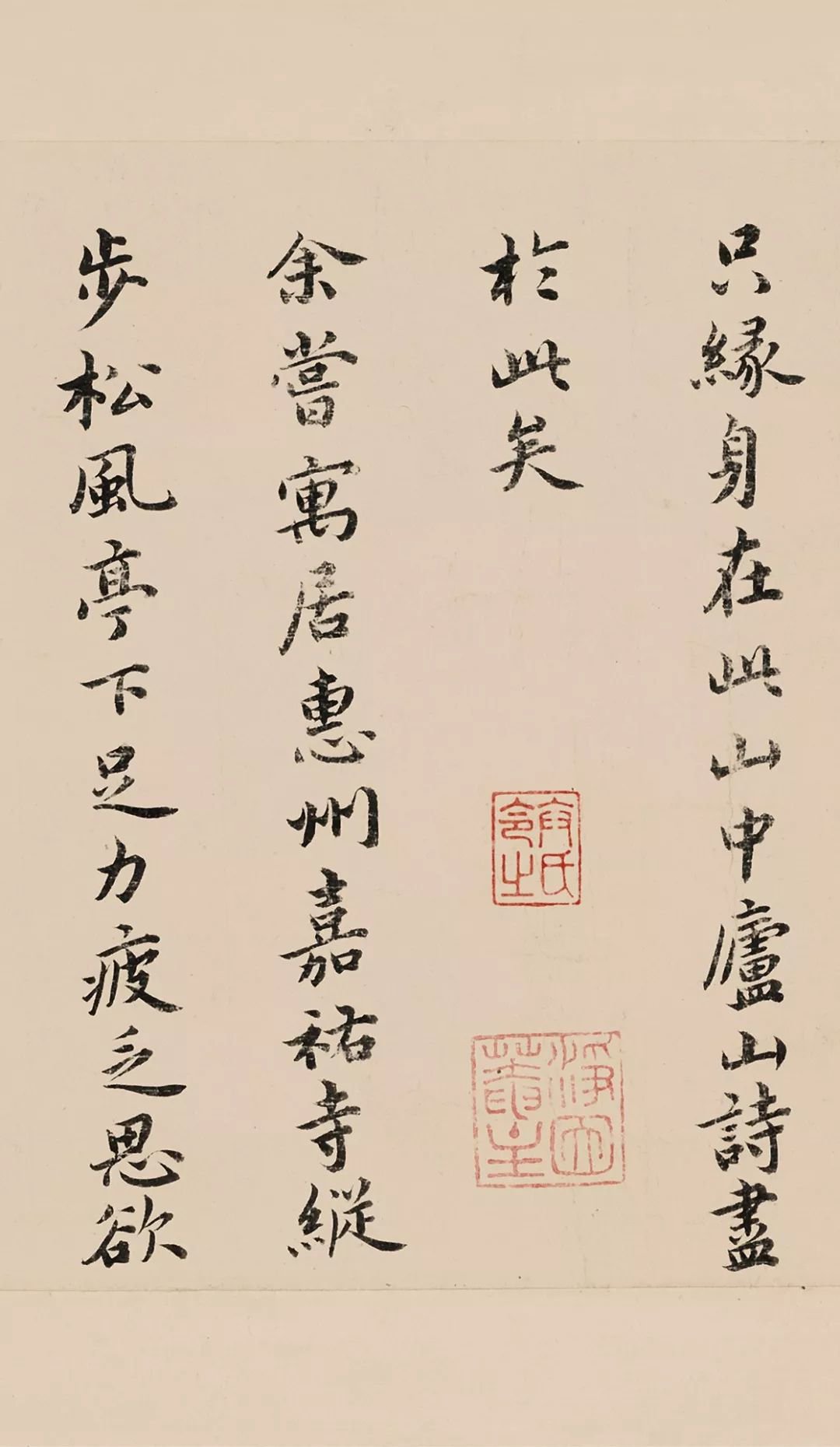
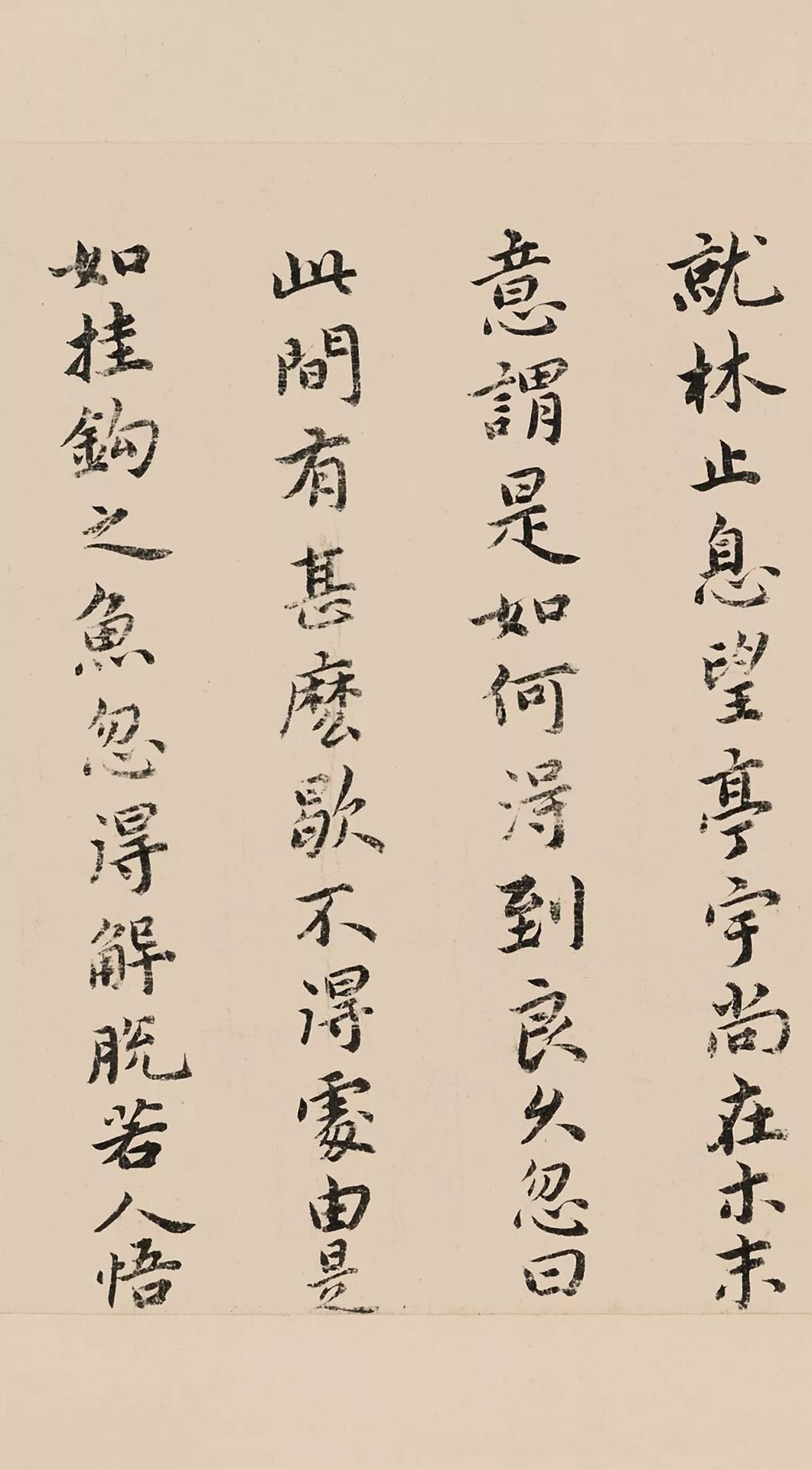
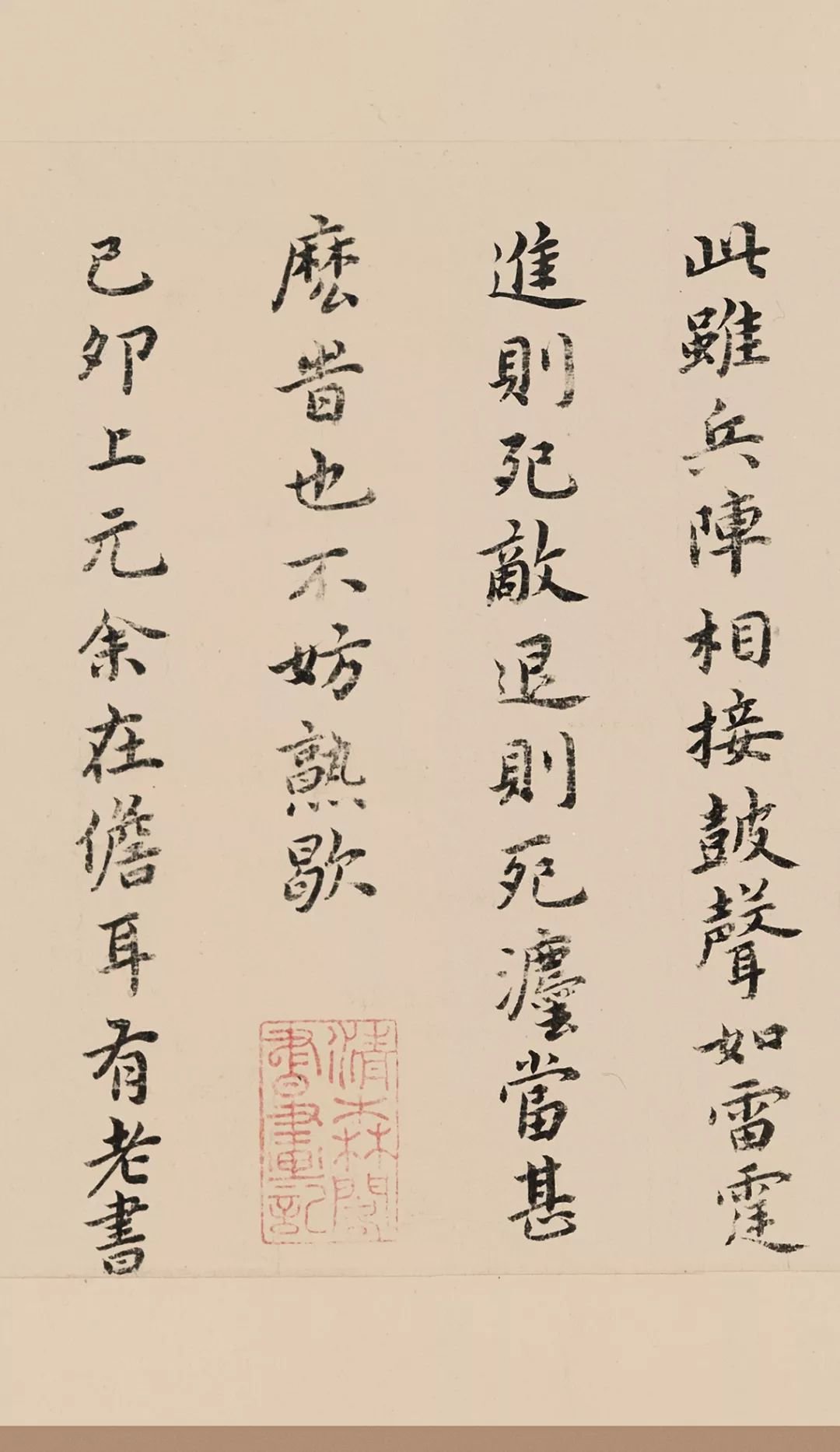
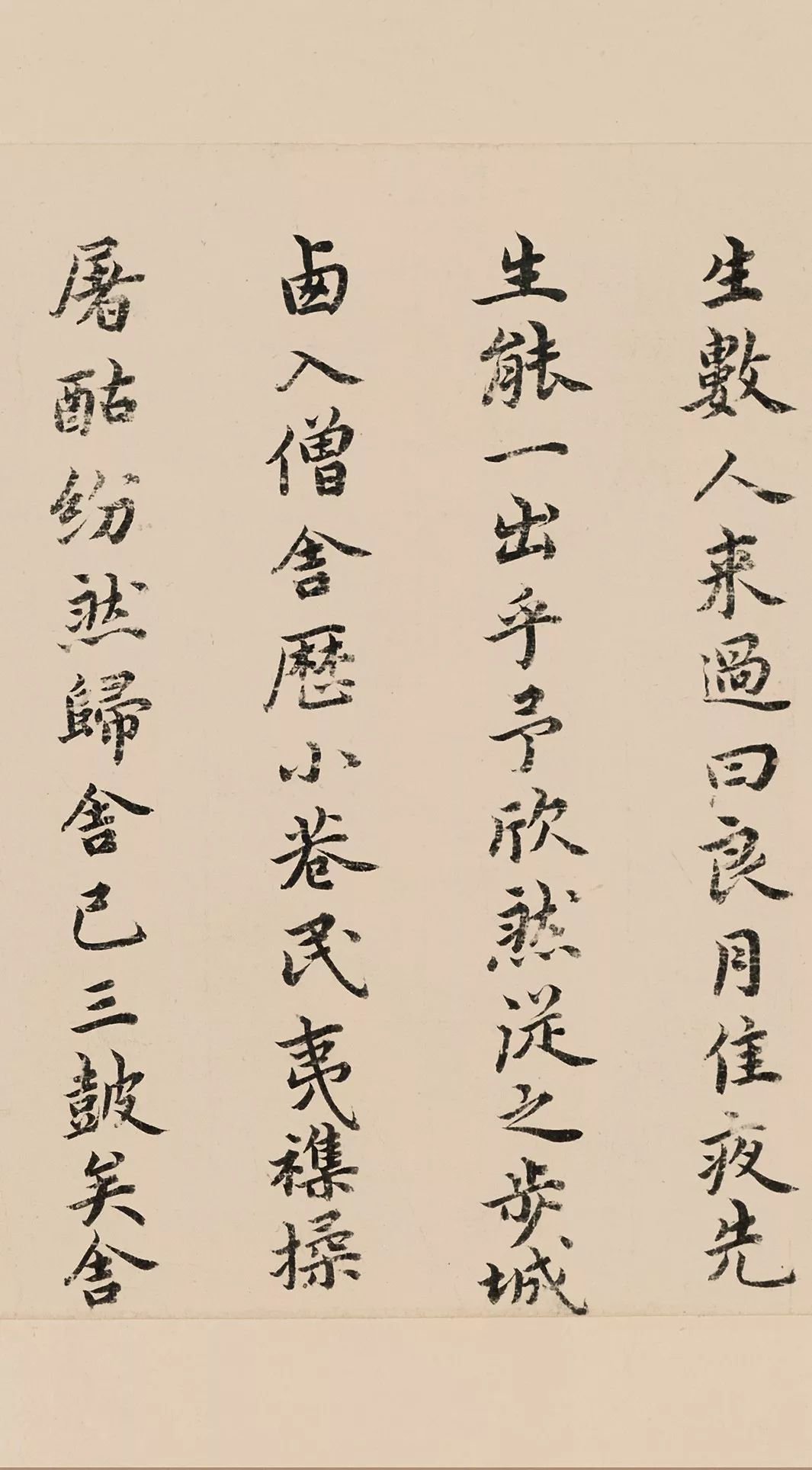
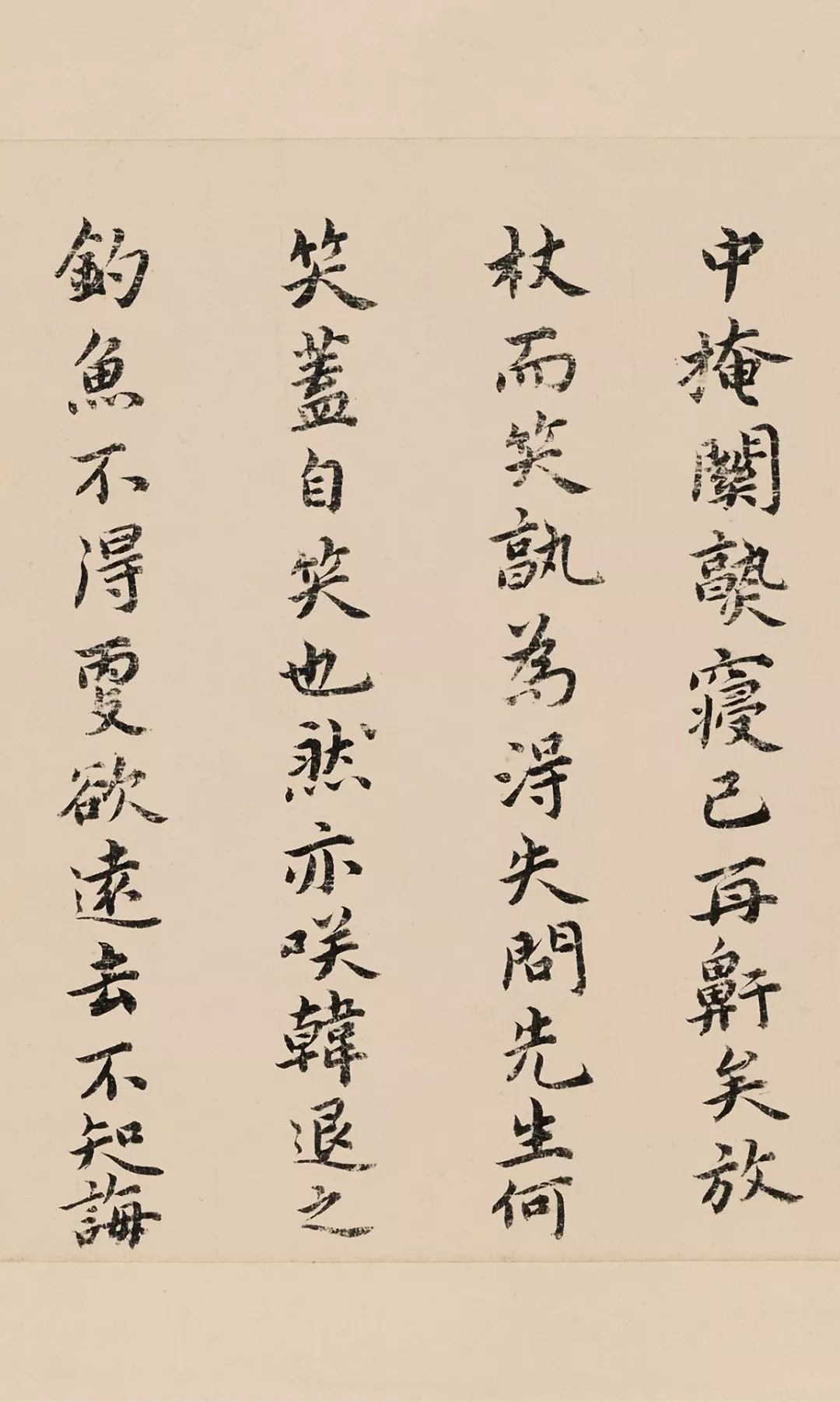
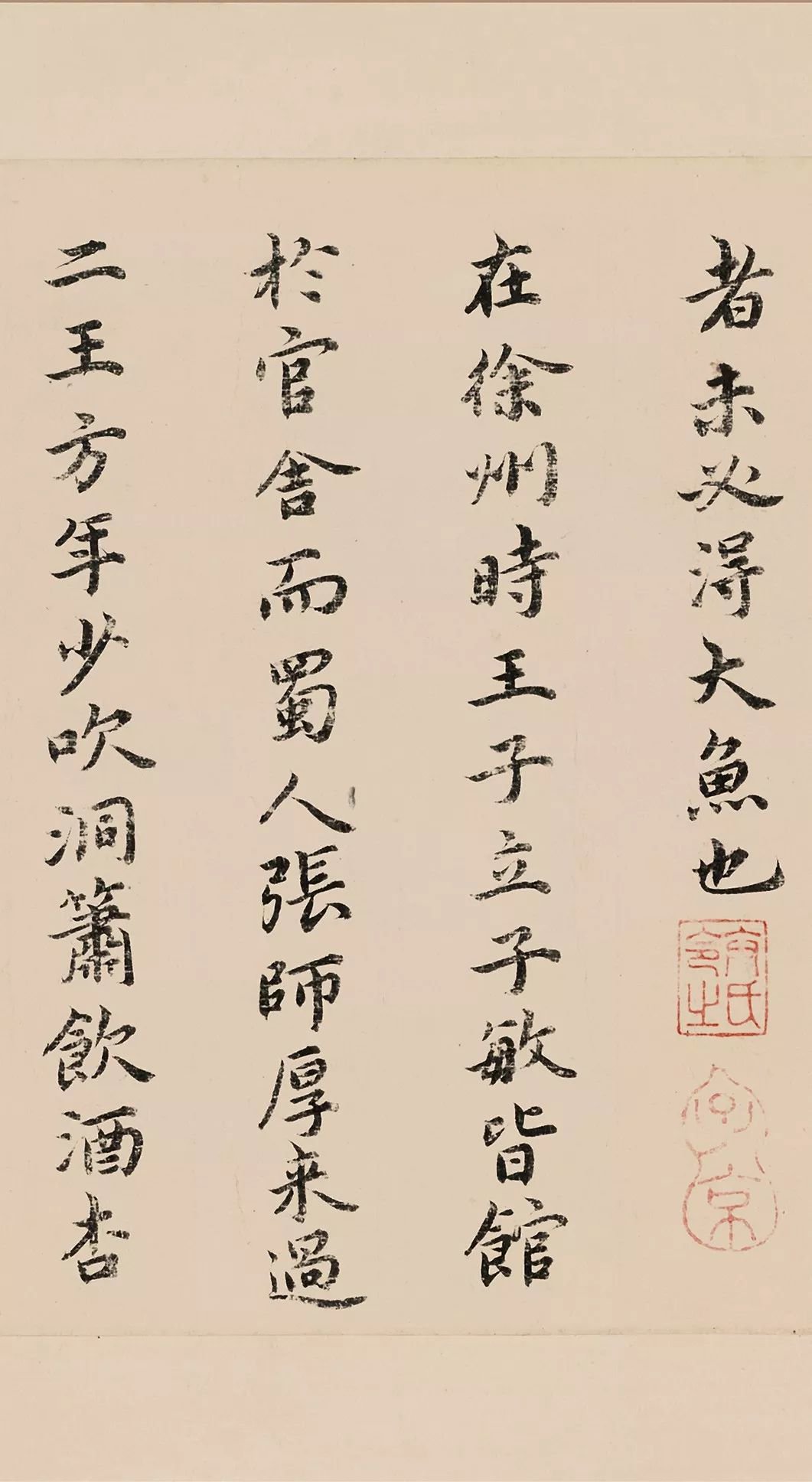
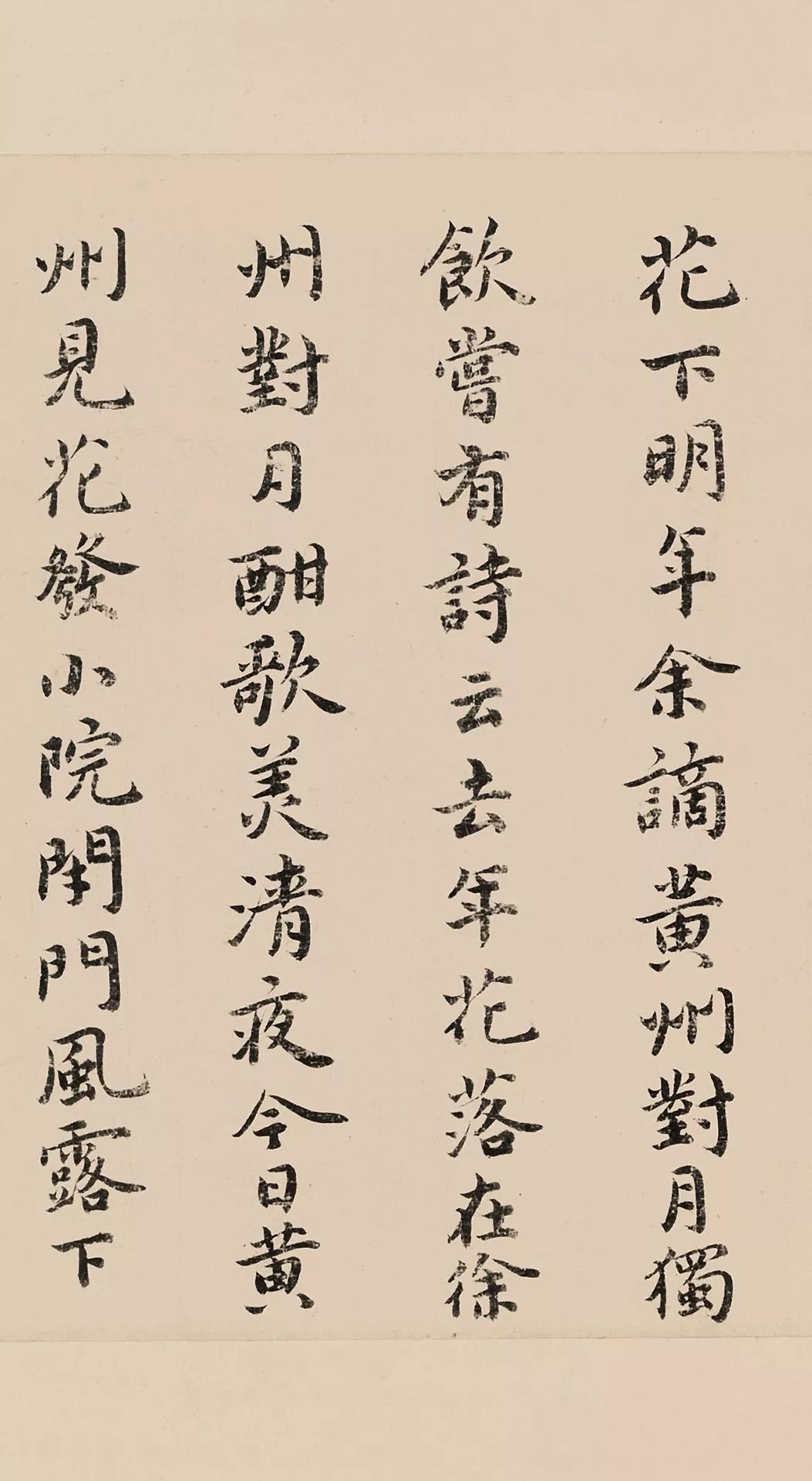
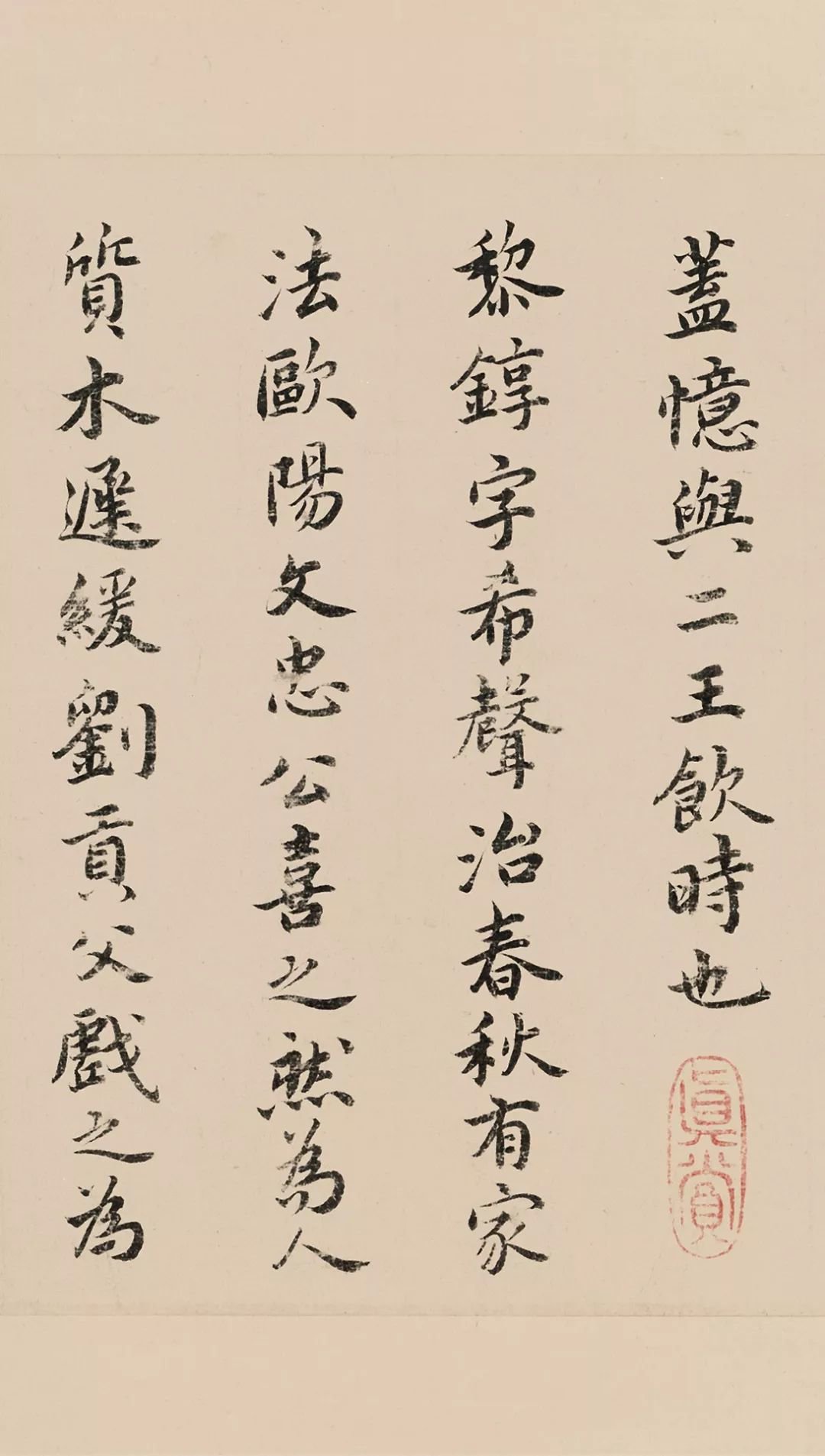
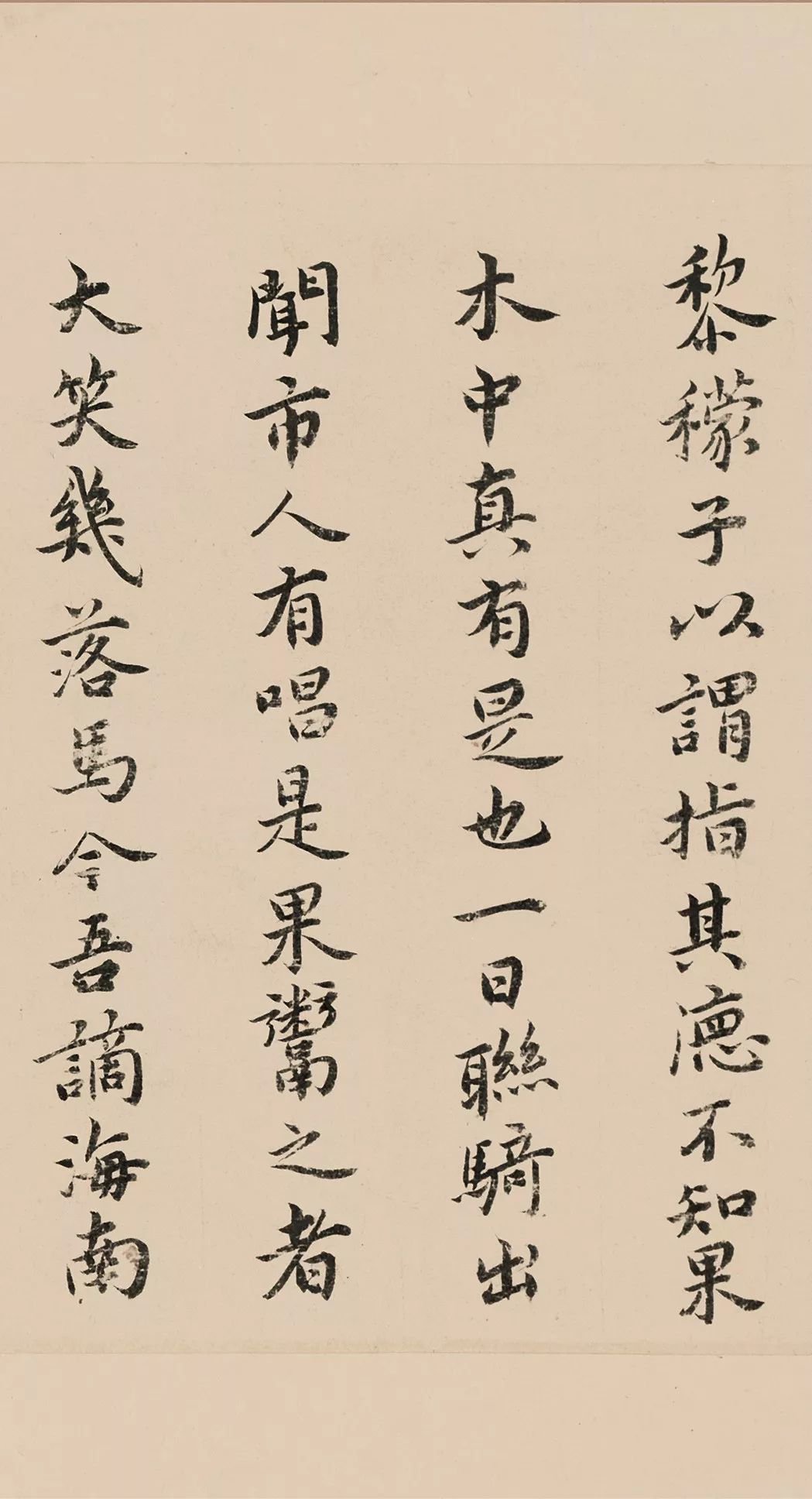
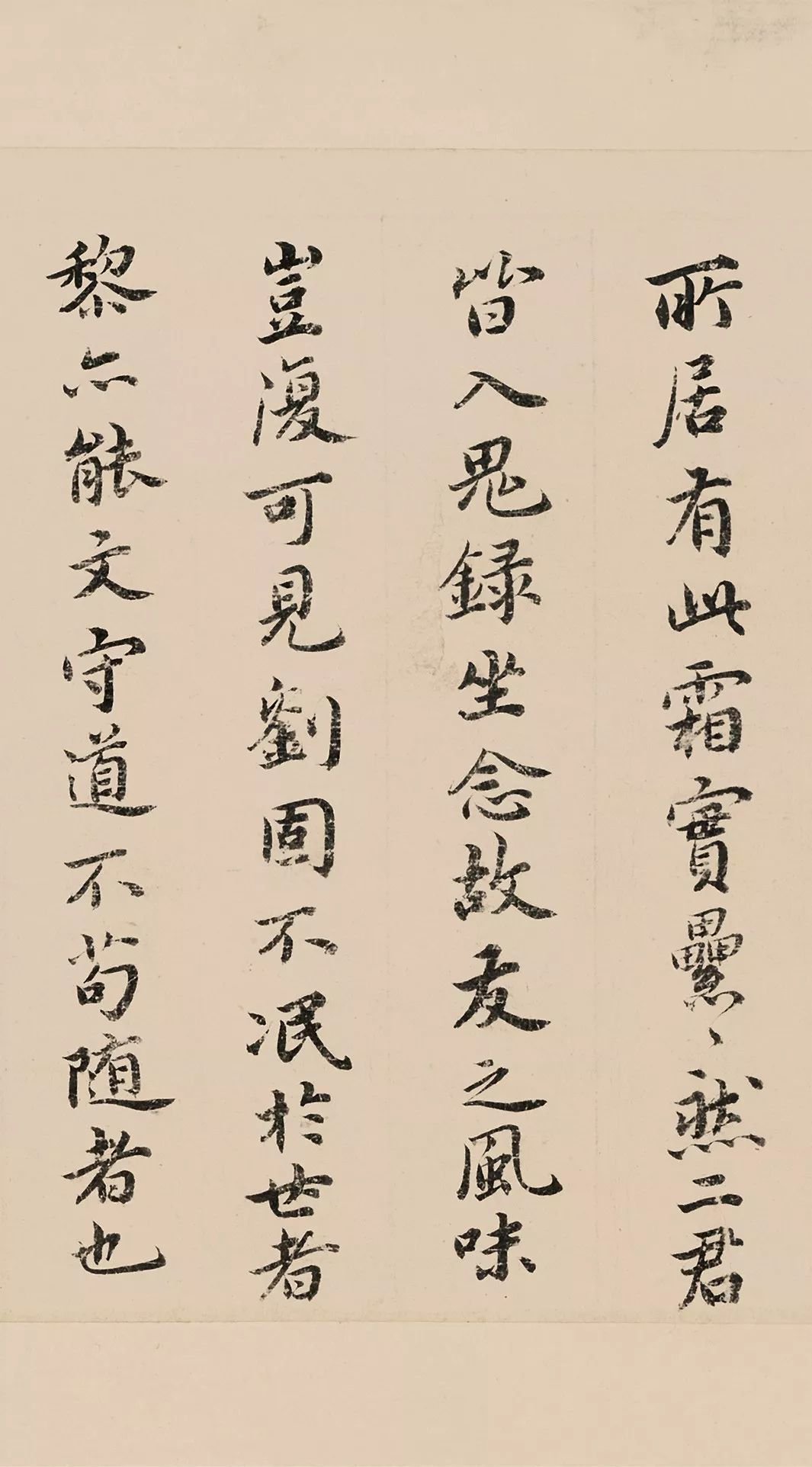
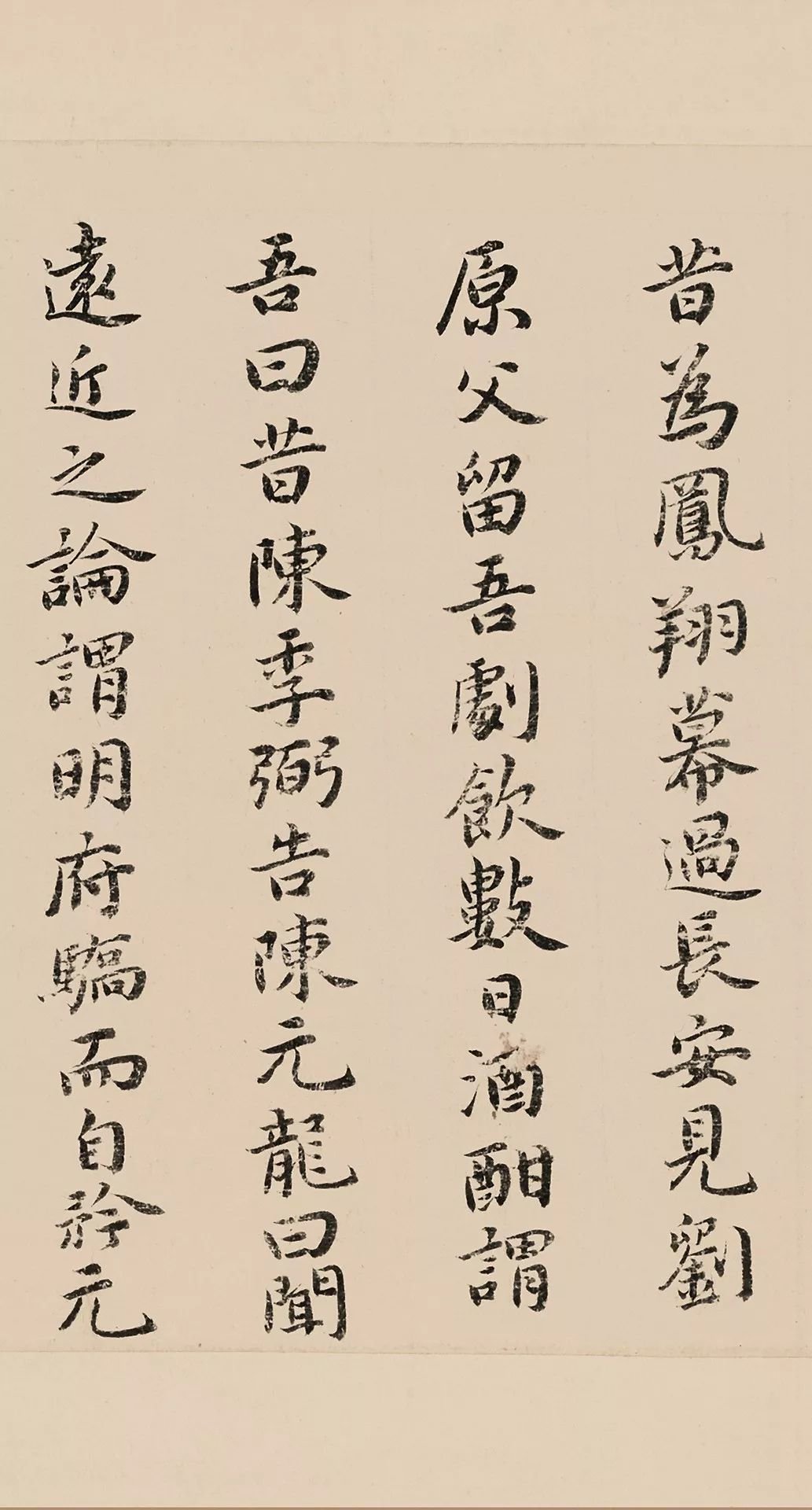
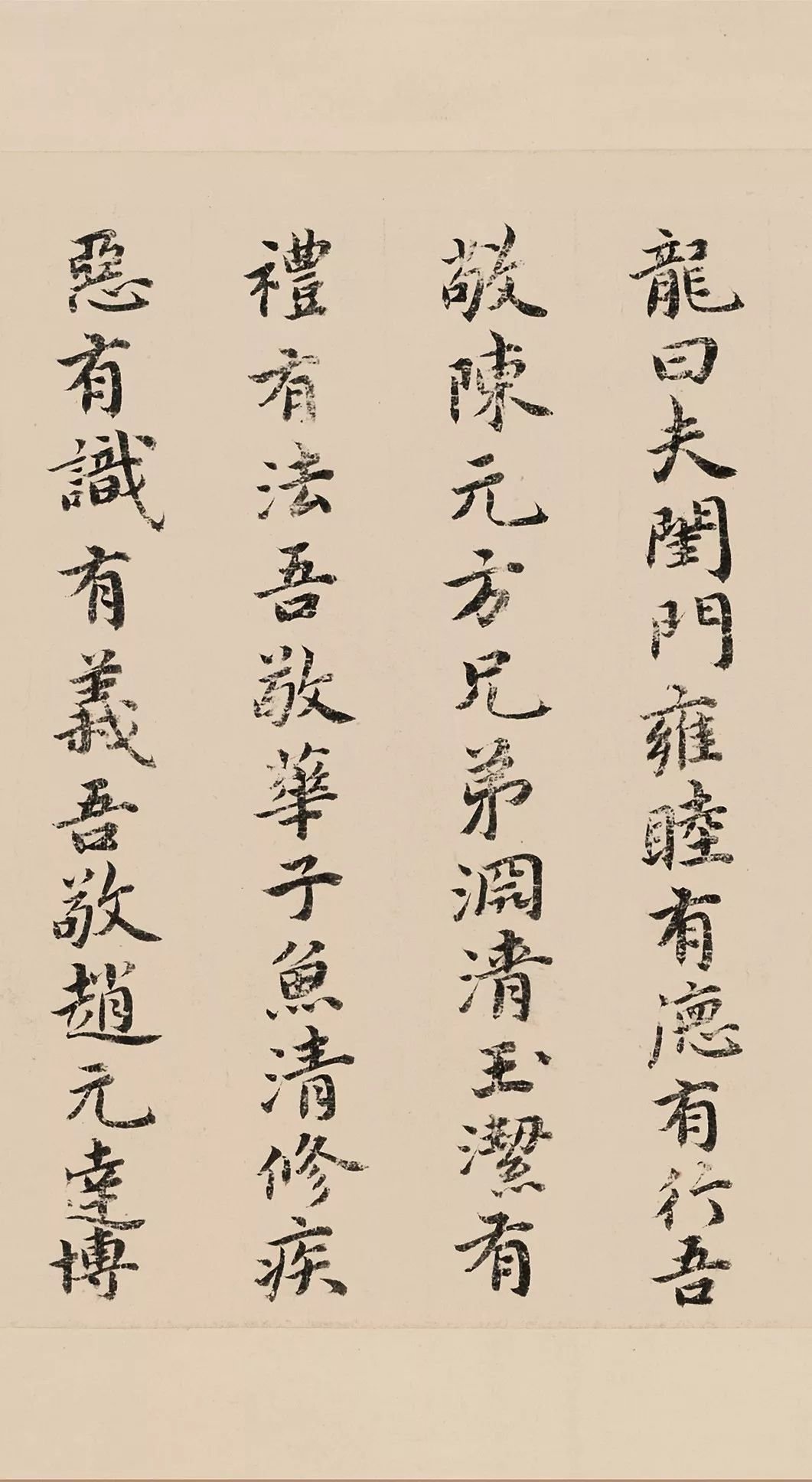
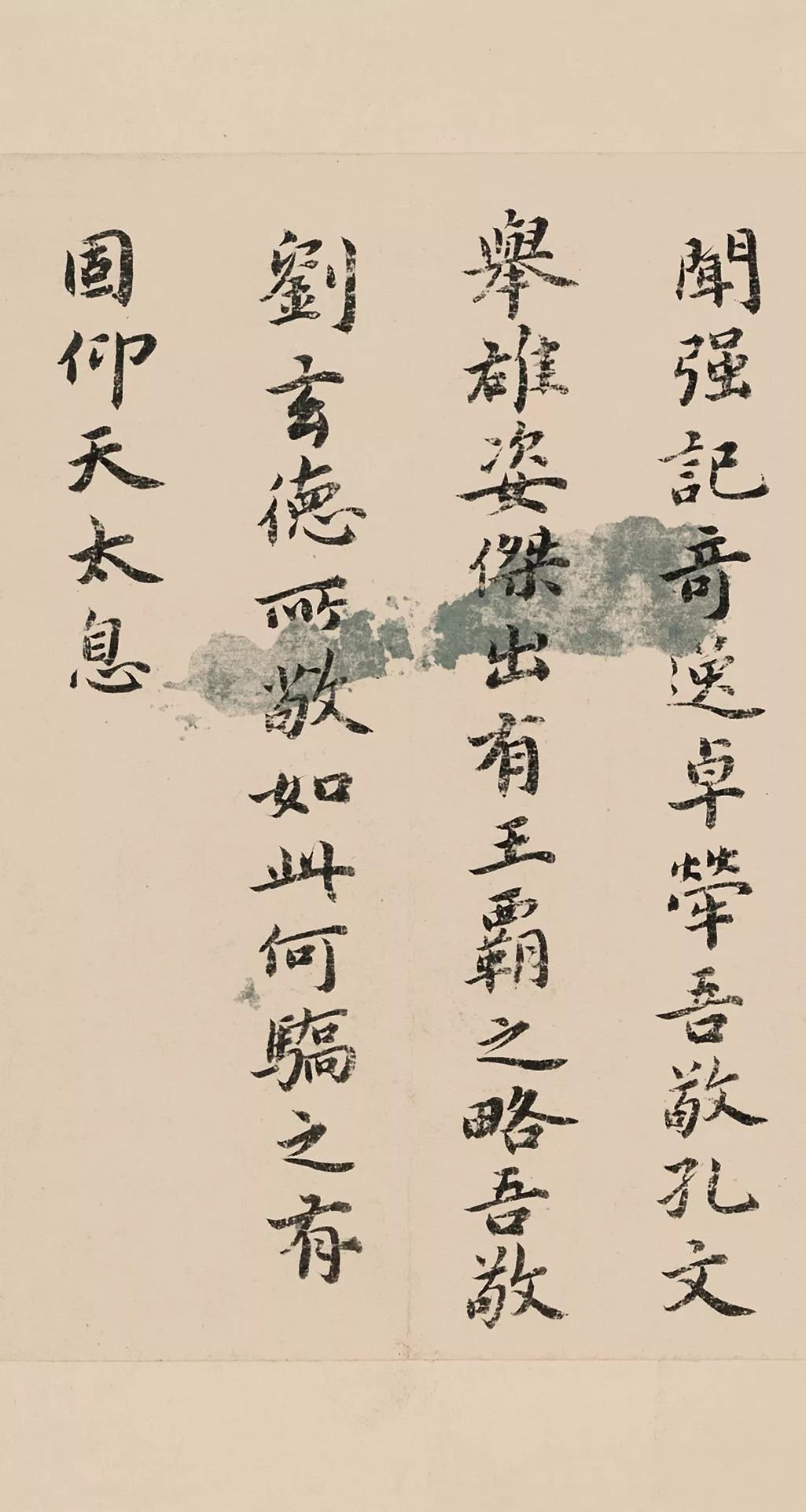
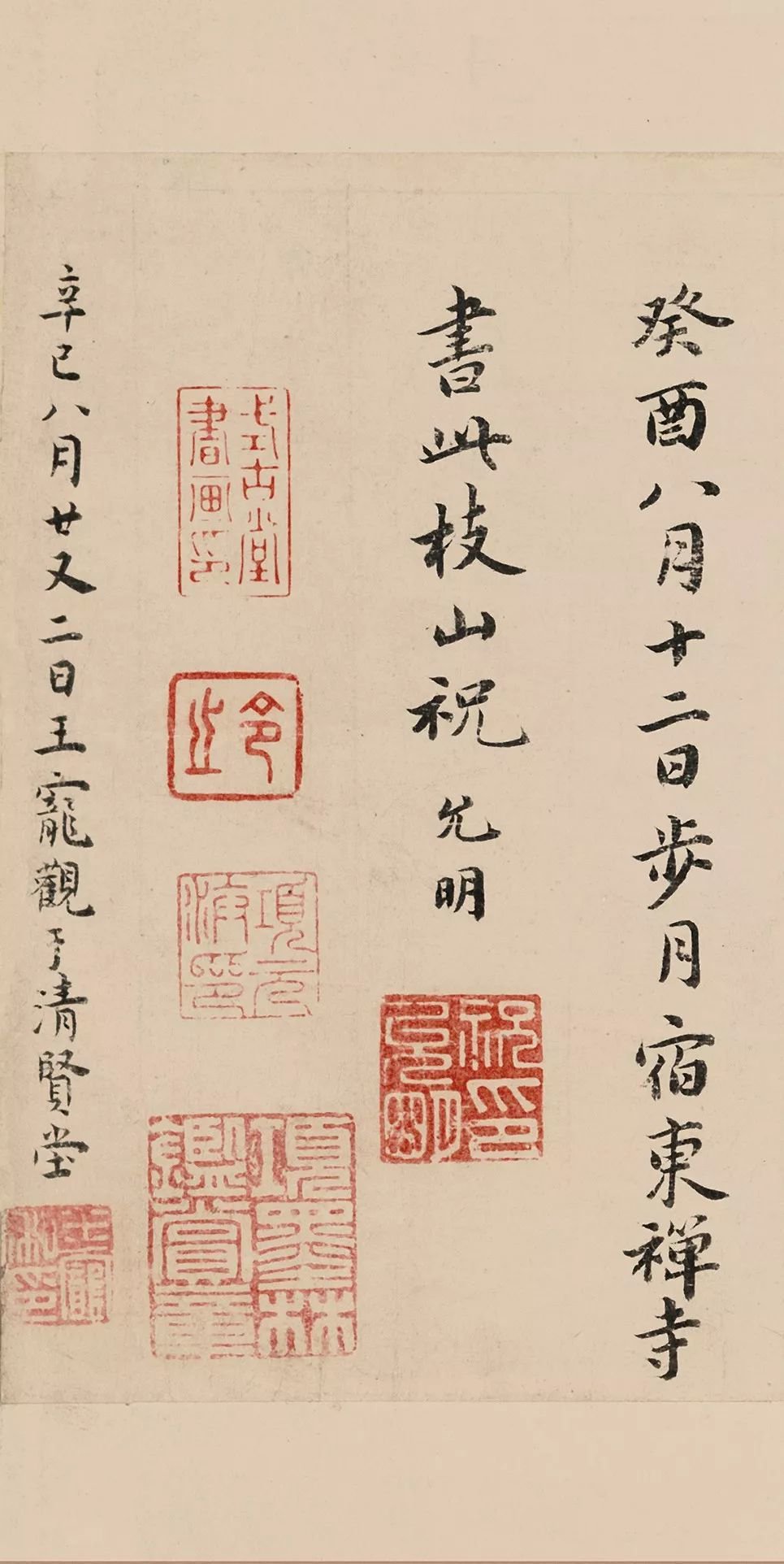
The postscript of Wang Chong at the end of the volume says, "On the twenty-second day of the eighth month of Xinsi, Wang Chong visited Qingxian Hall."
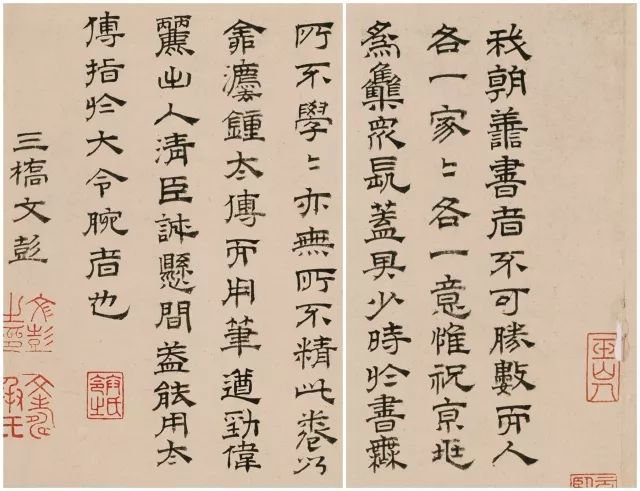
Wen Peng's official script has a long postscript: There are countless good calligraphers in our dynasty, but each family has its own ideas, but I wish Jingzhao to be the leader of all. When he was young, he learned everything in books and became proficient in everything. This volume is written by Master Zhong of Quanfa, and his pen is so powerful and majestic that it can be seen in the rooms of Qing ministers sincerely. It is a sign of someone who can use Taifu's fingers and make great orders. Mihashi Wenpeng.

